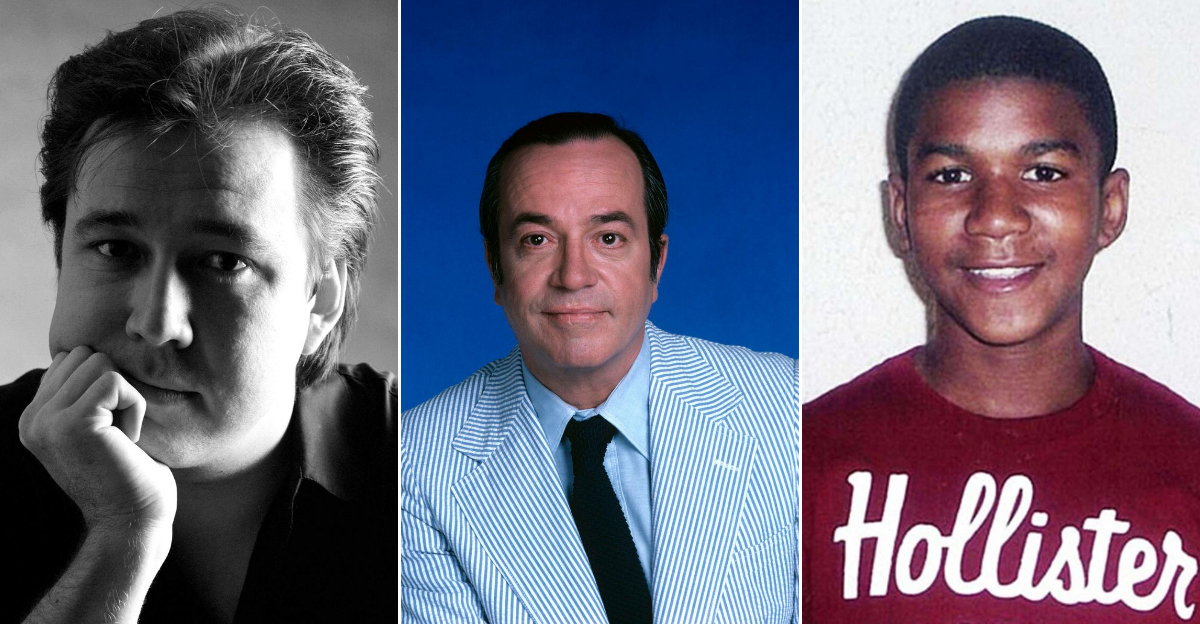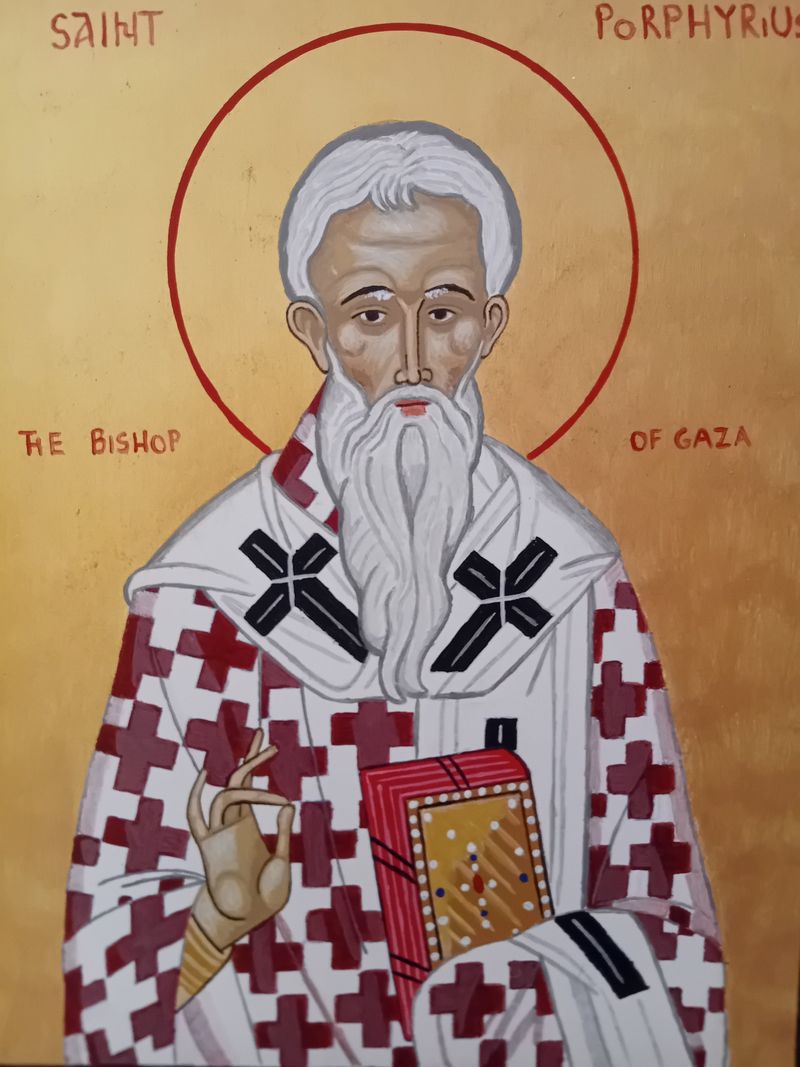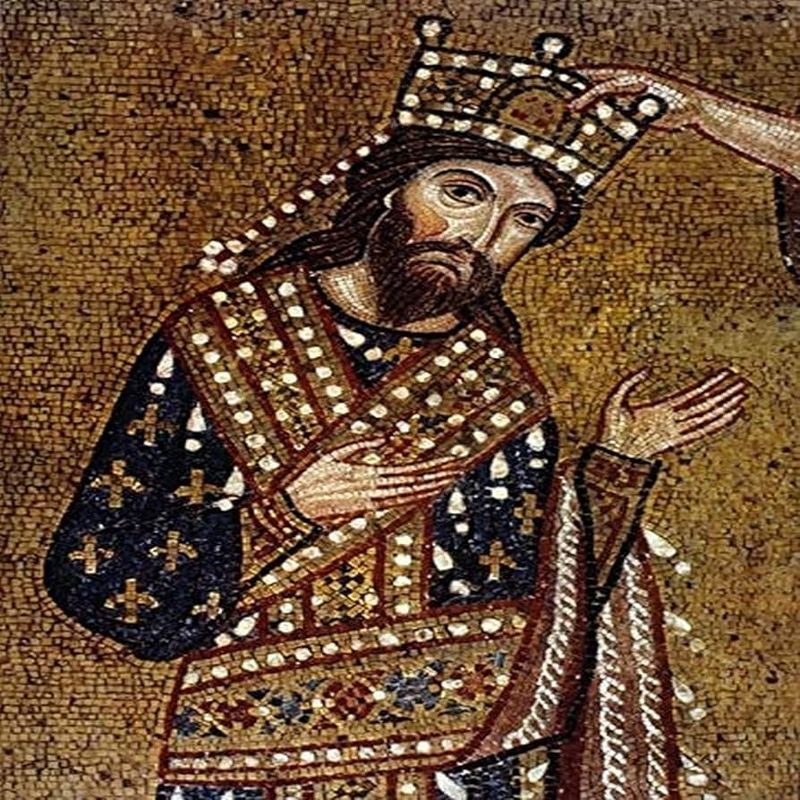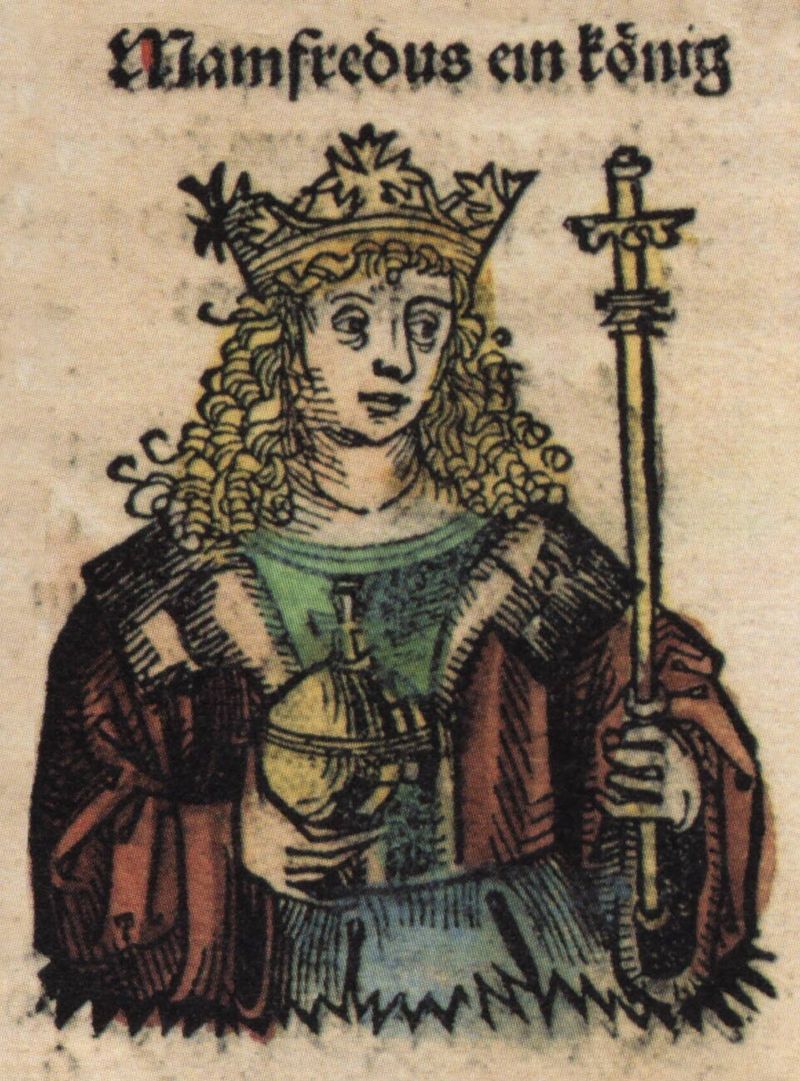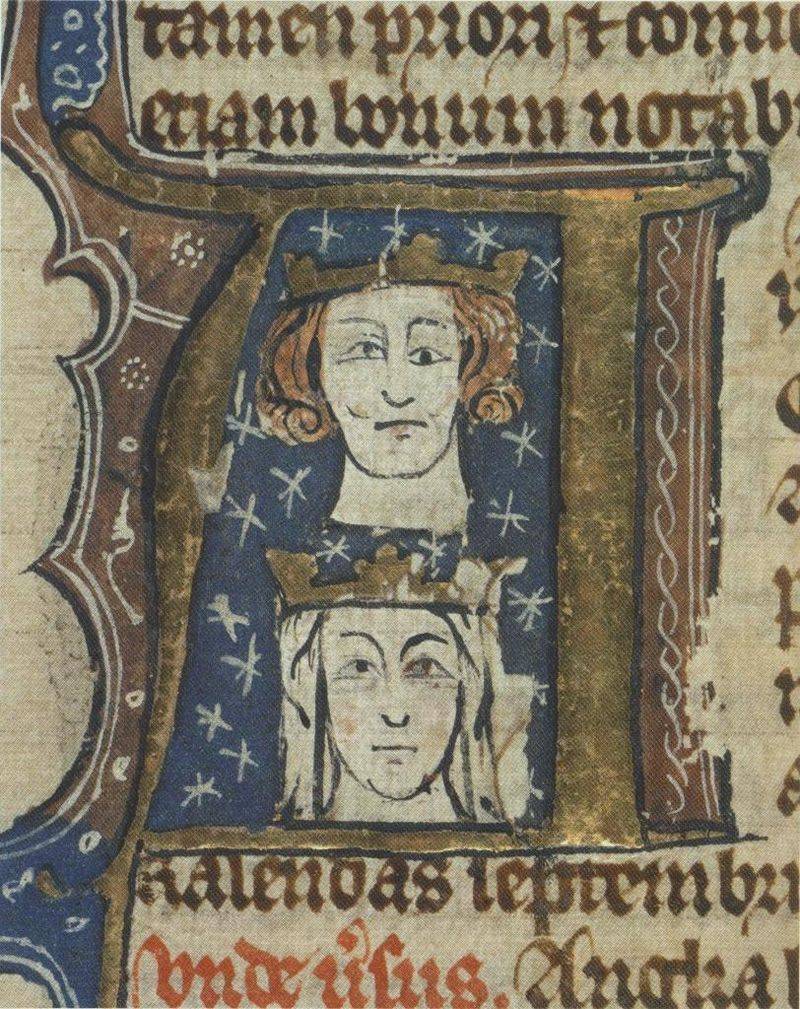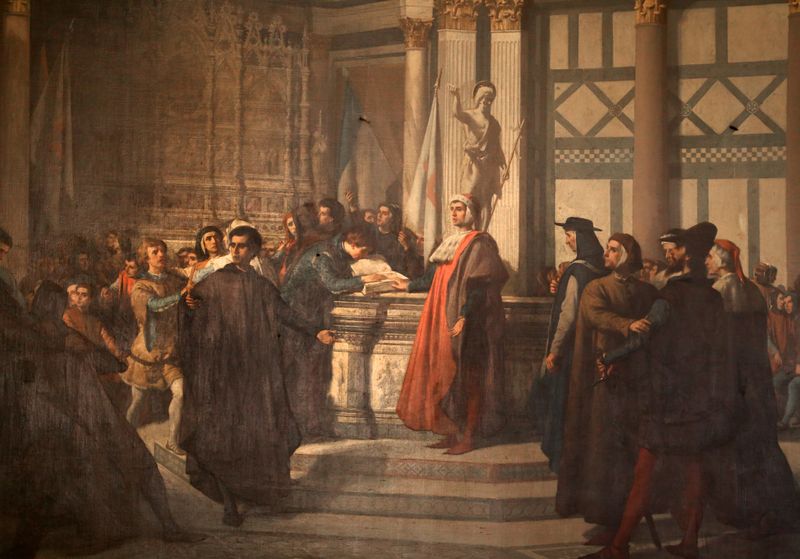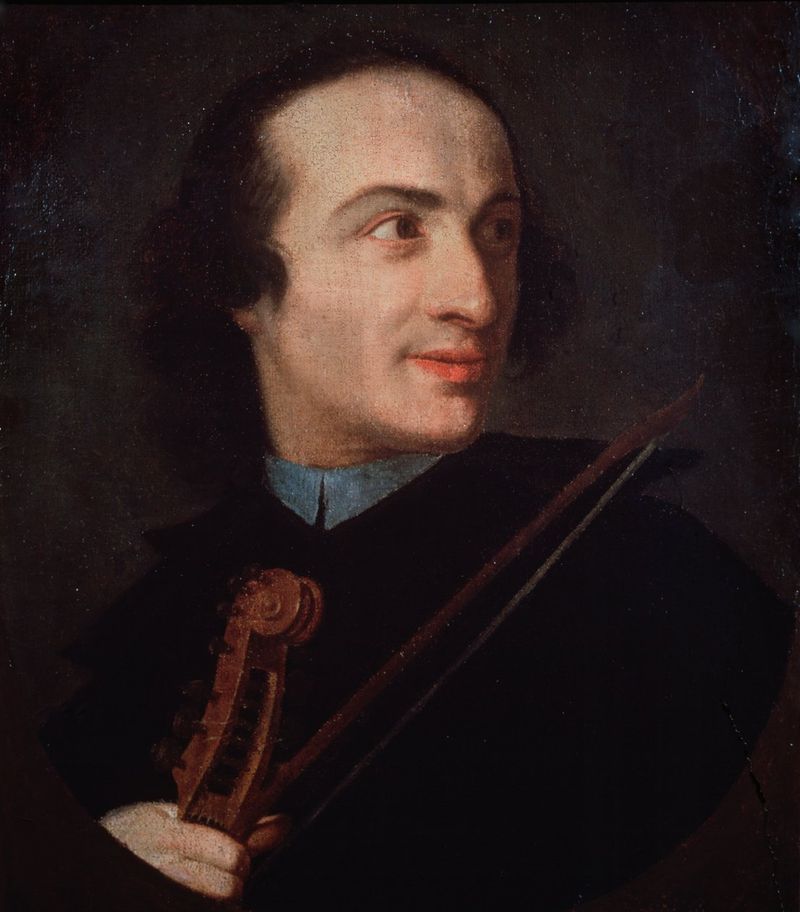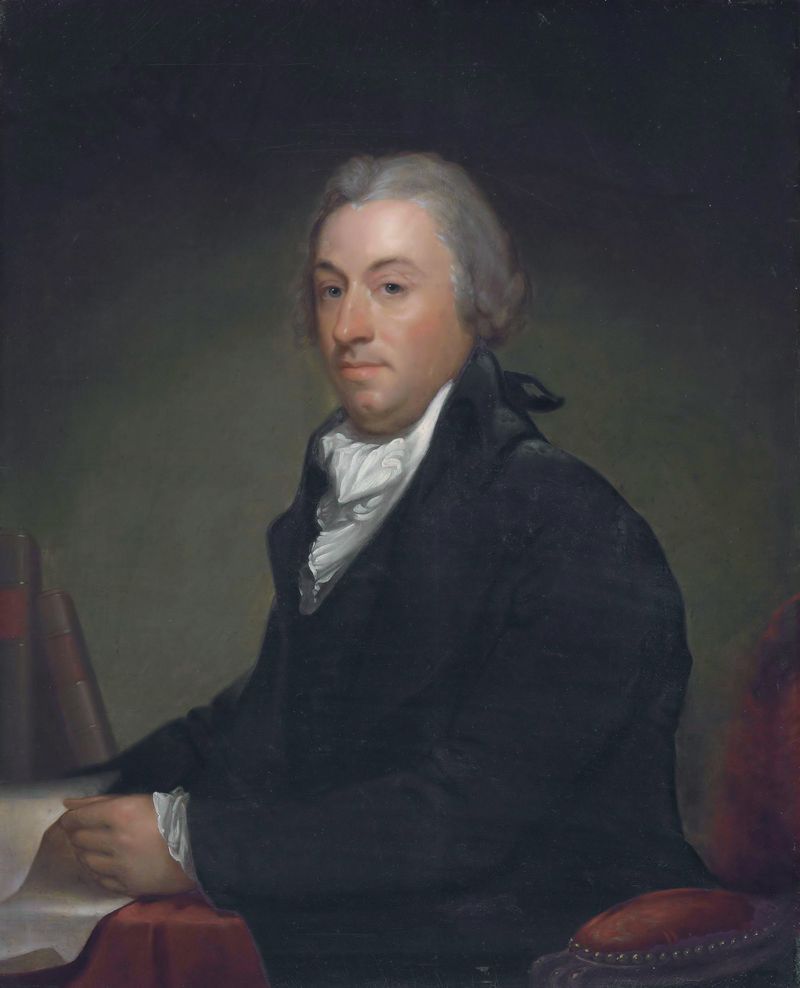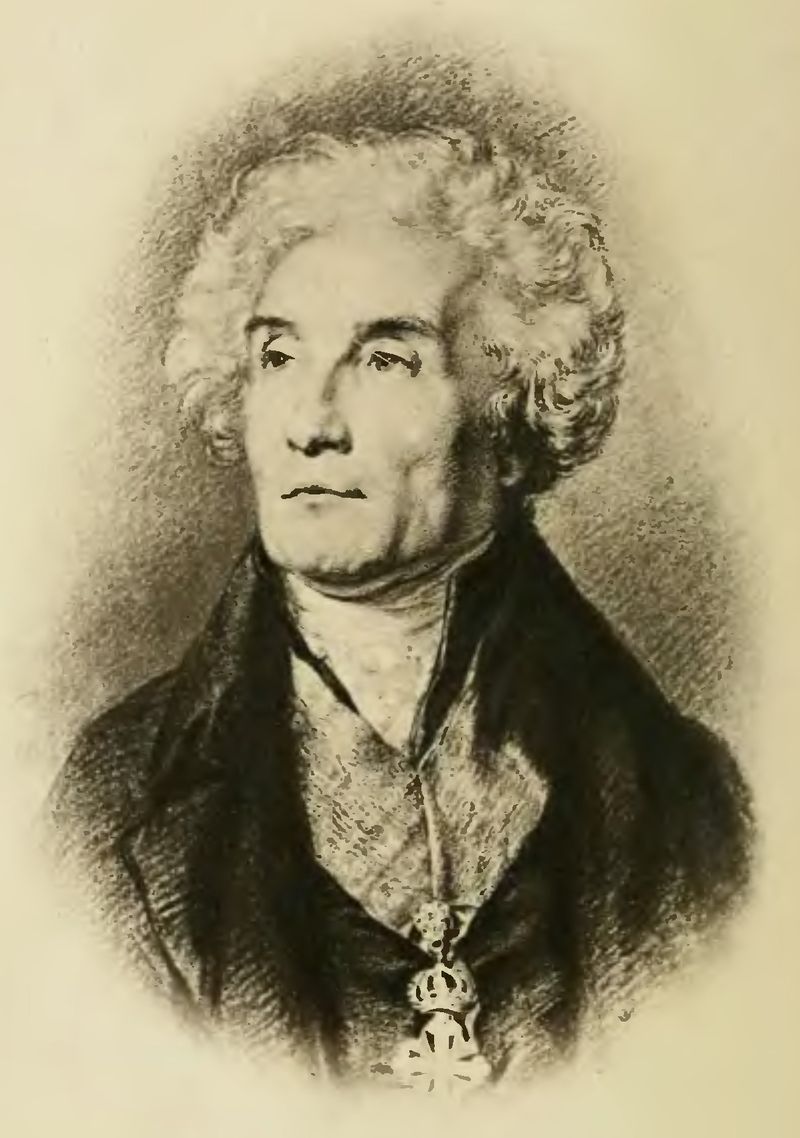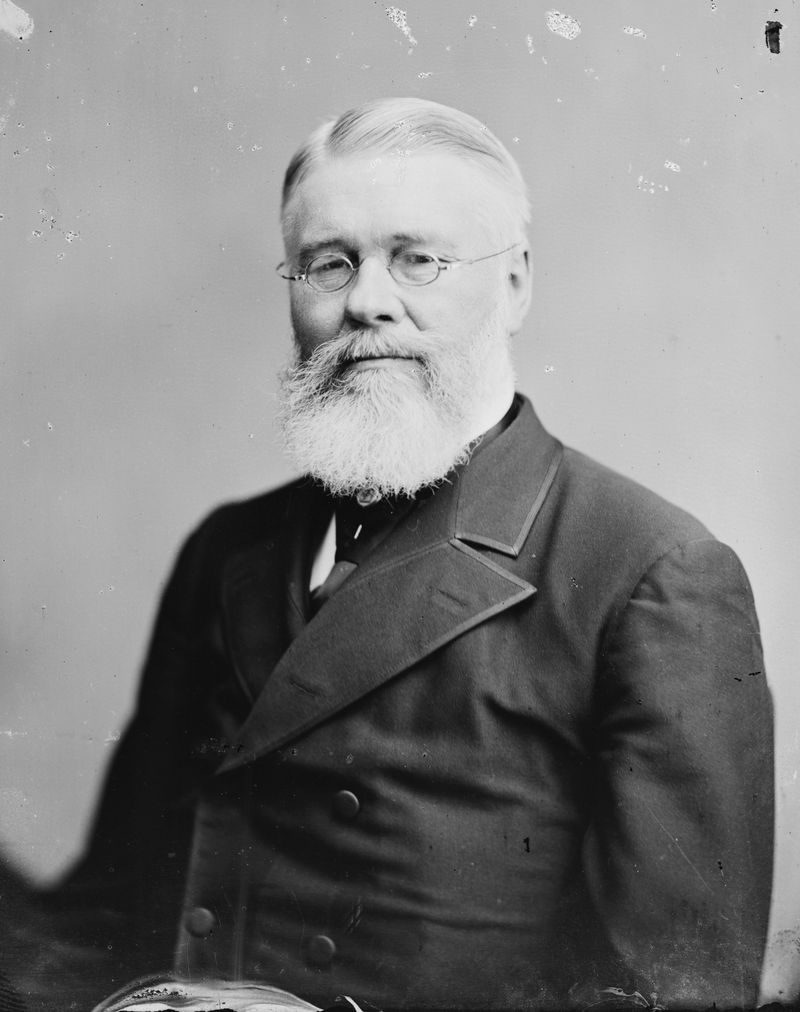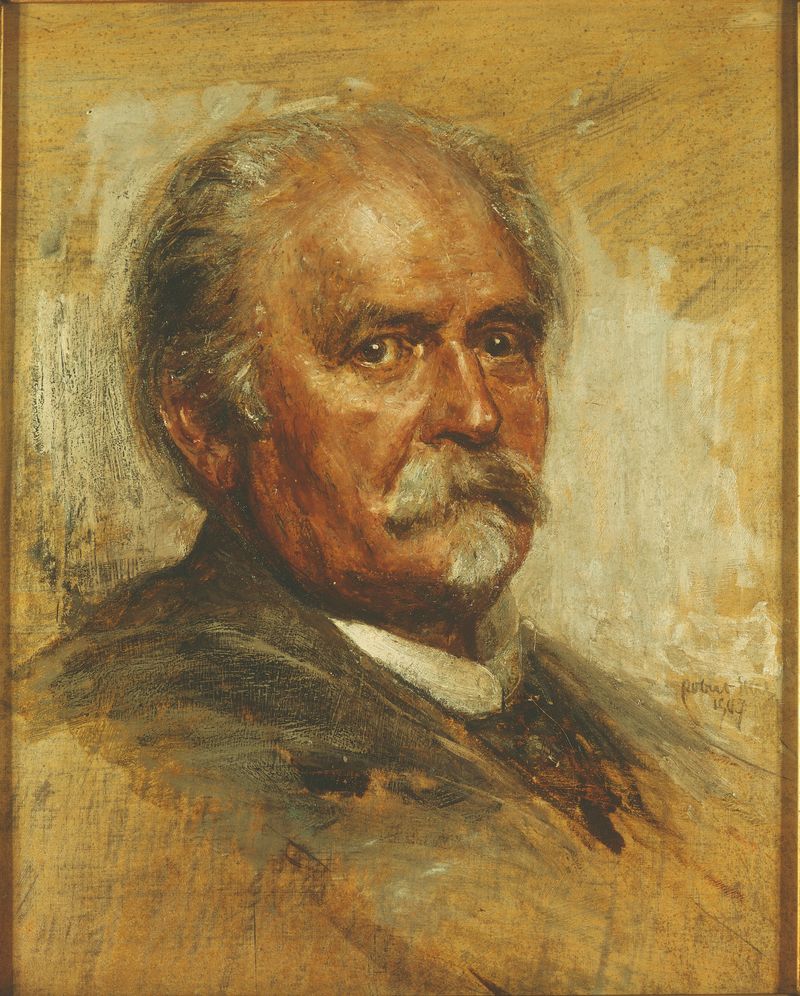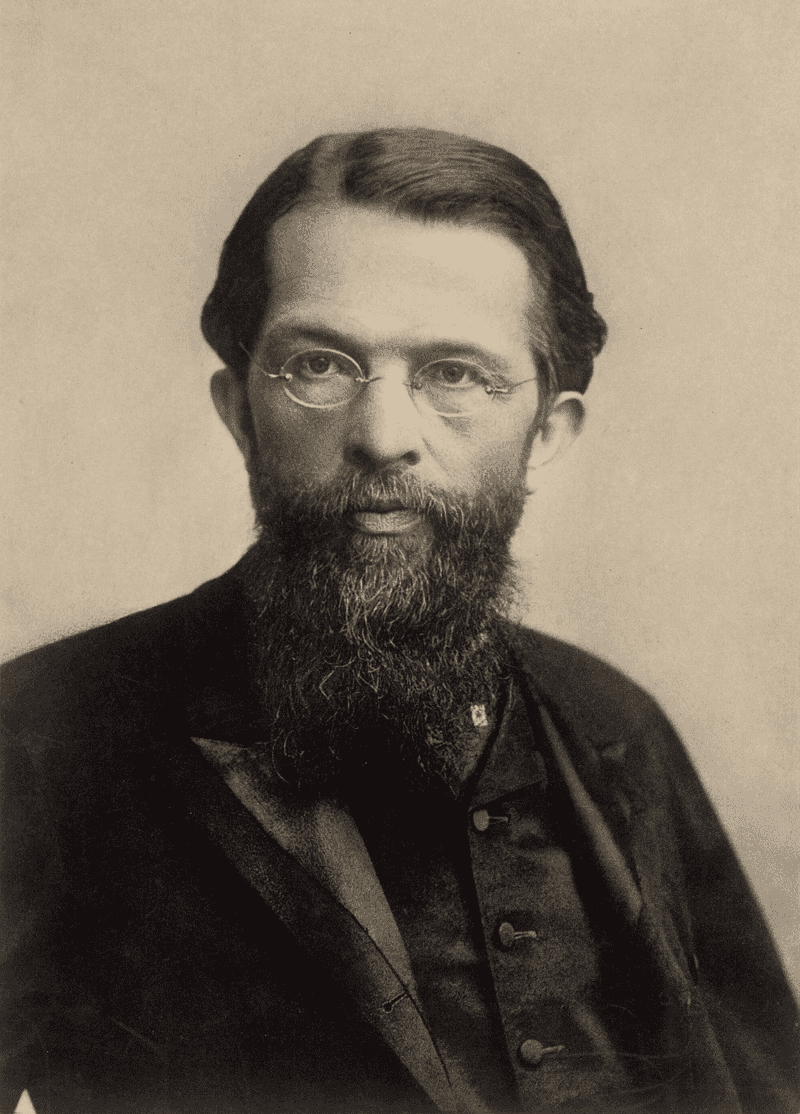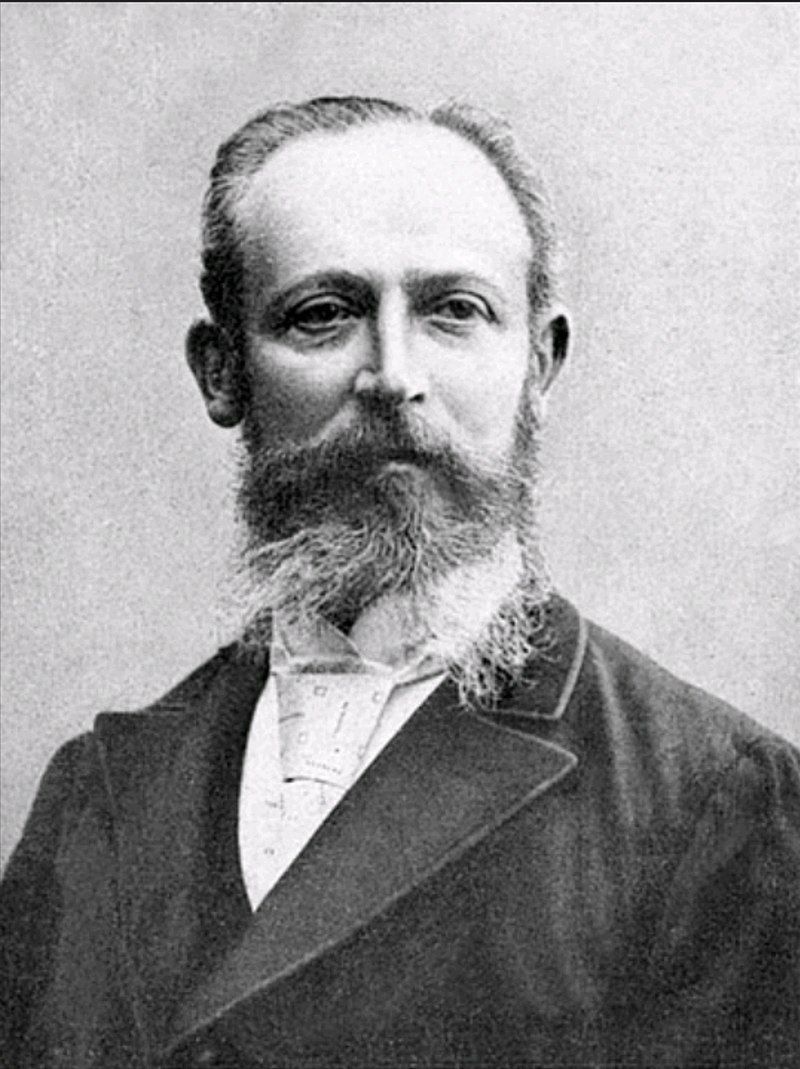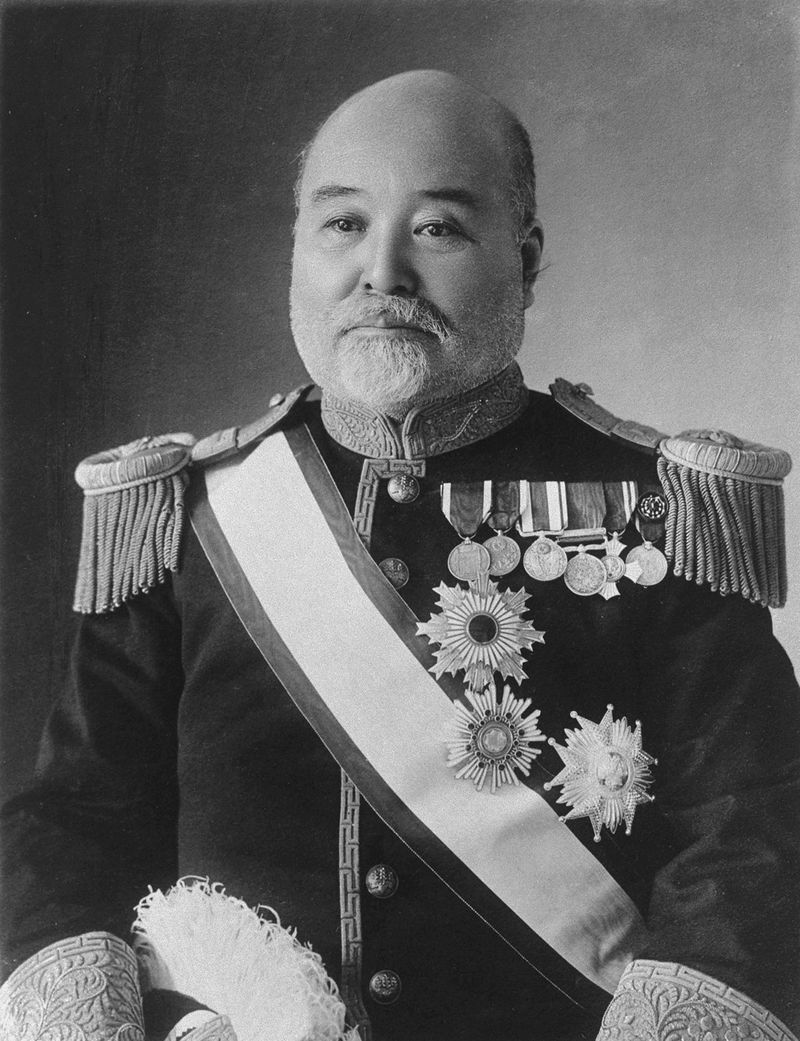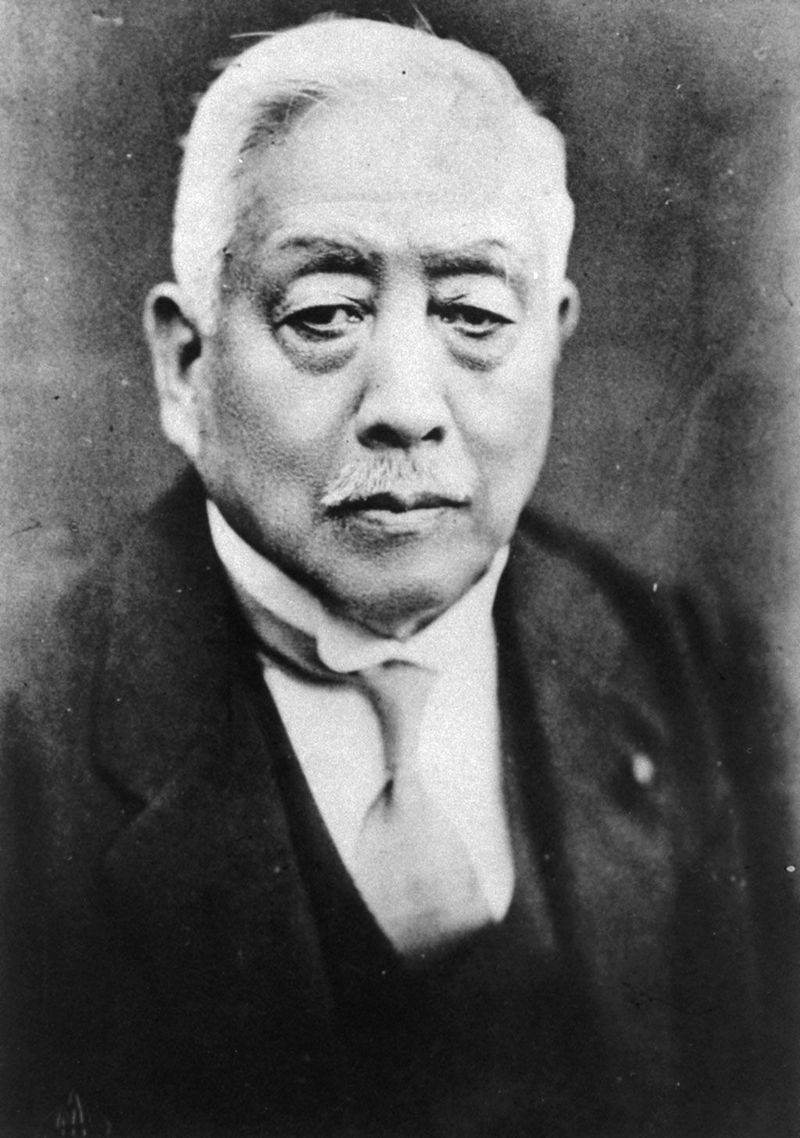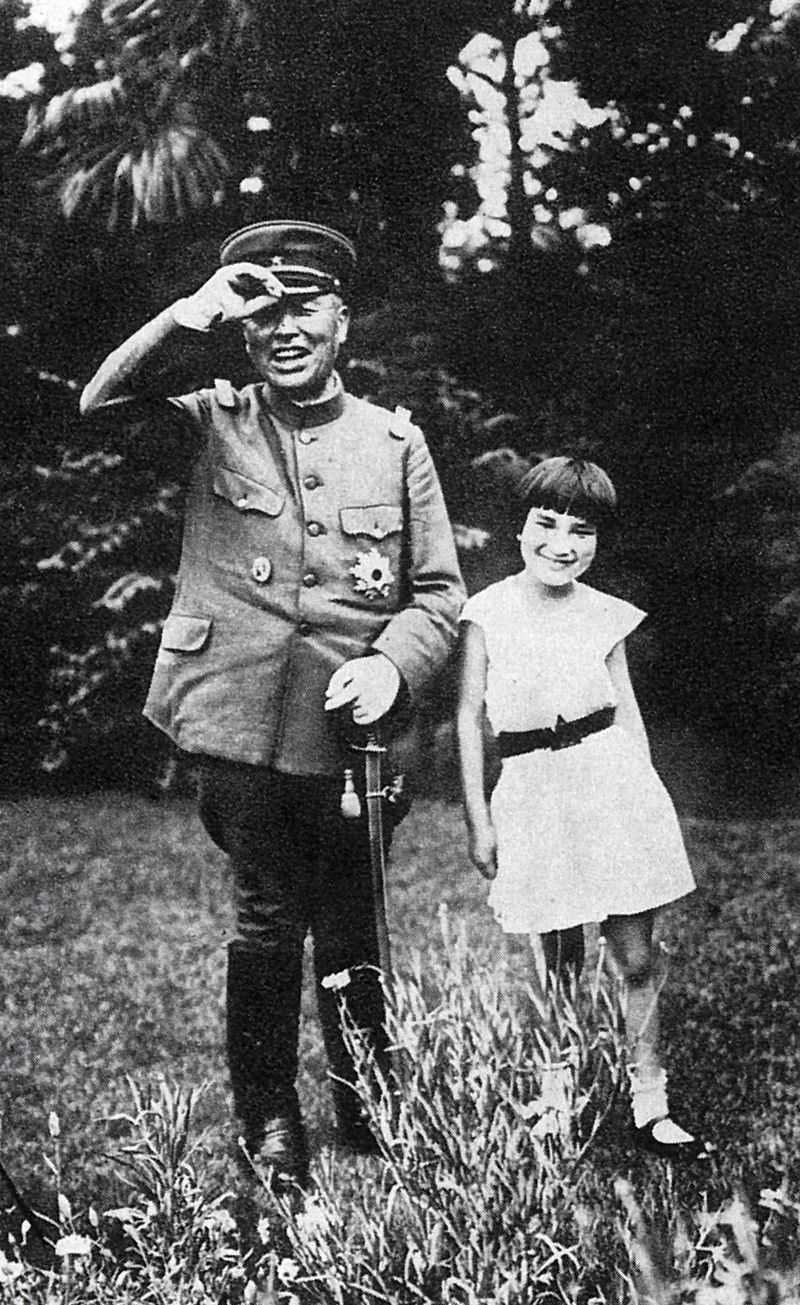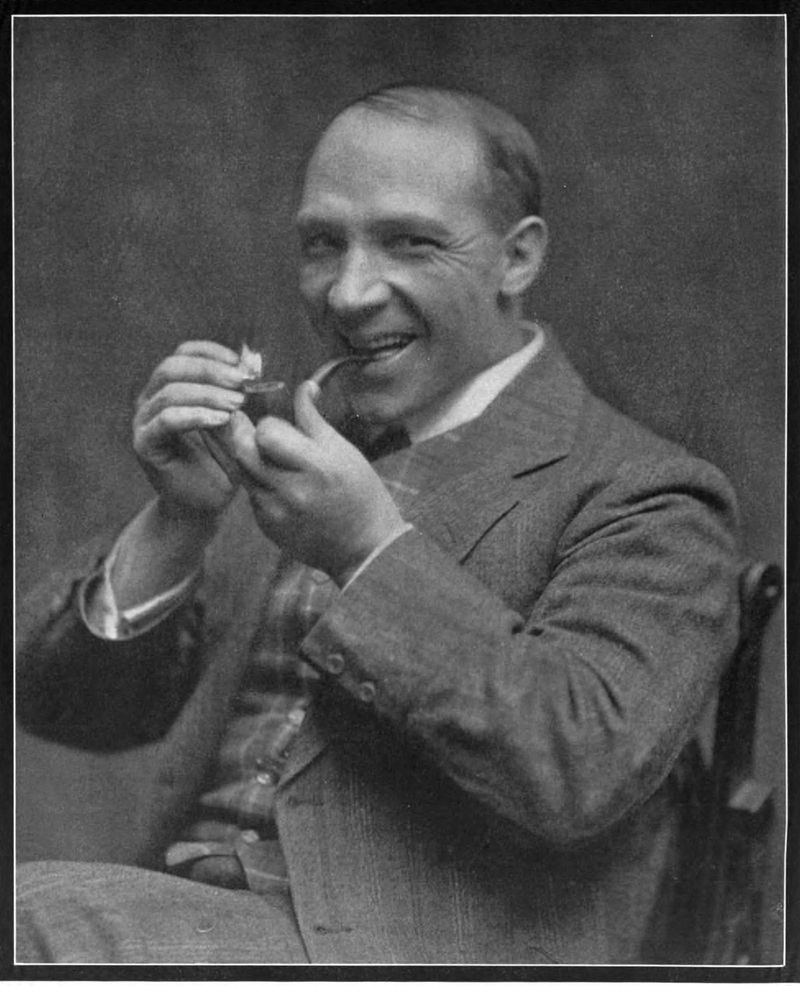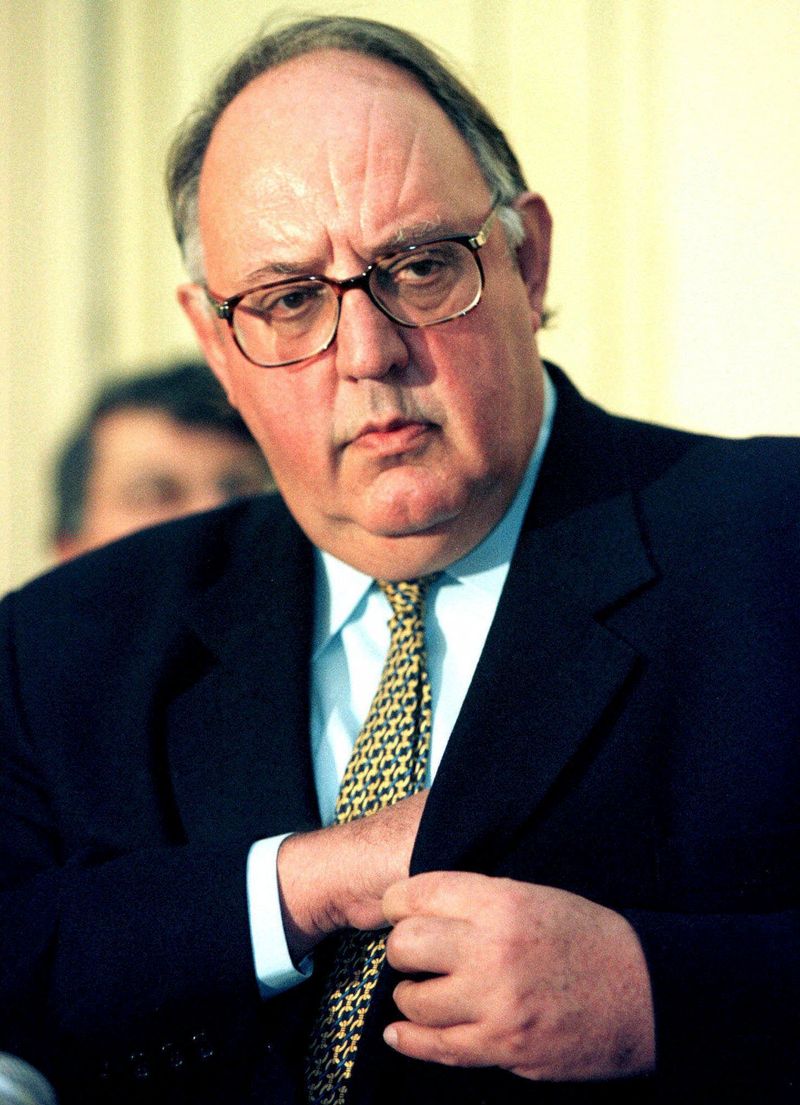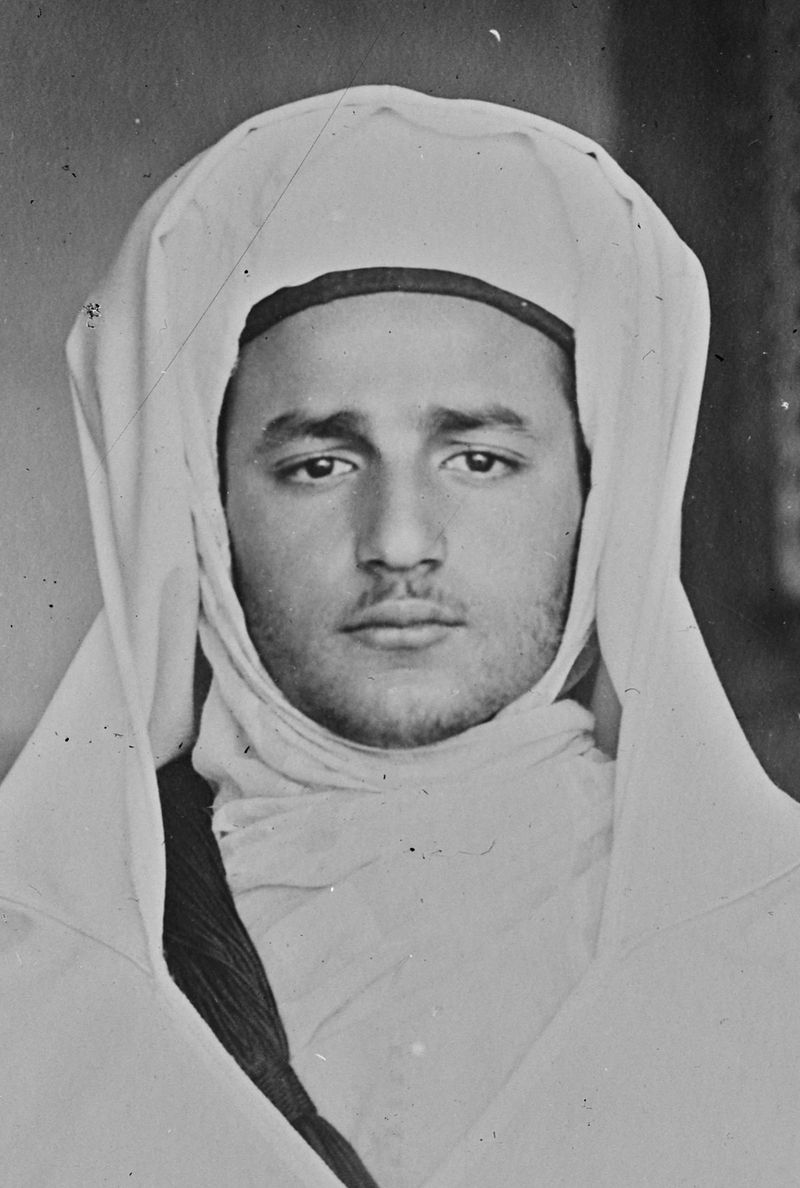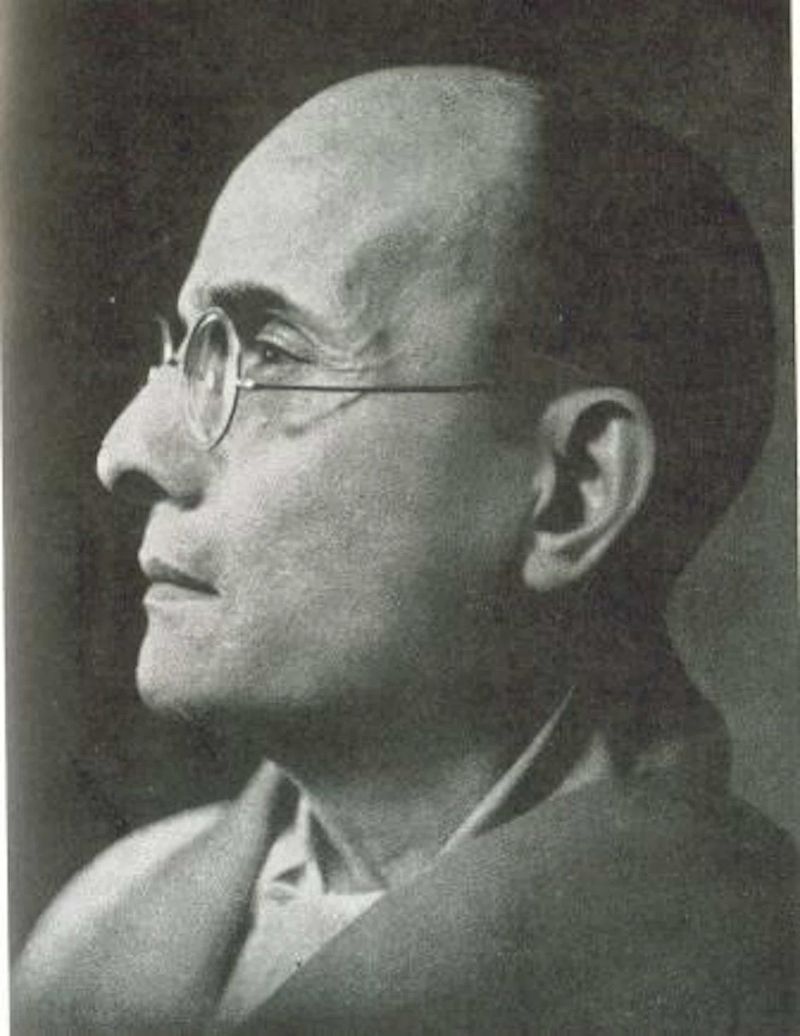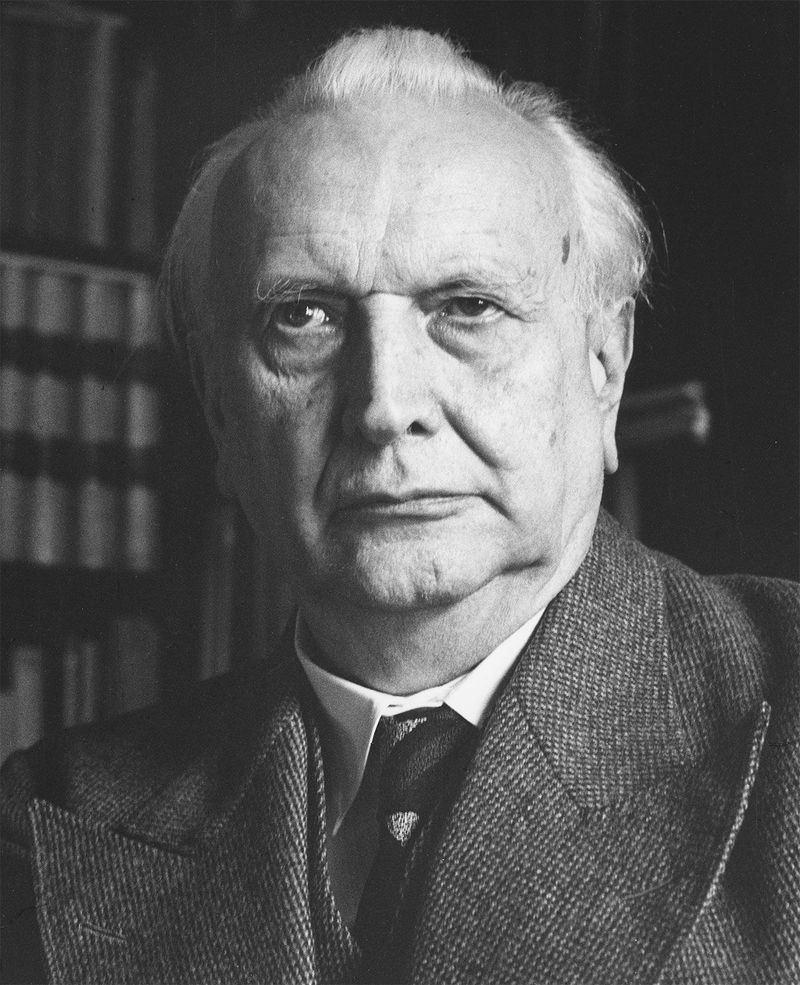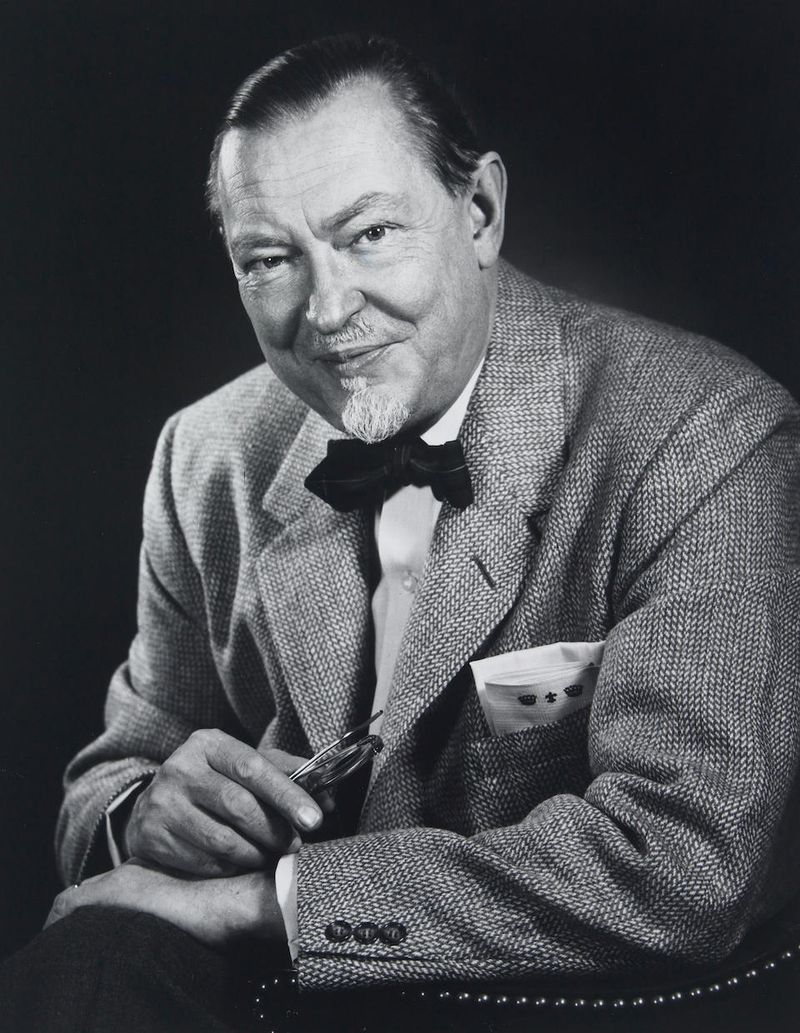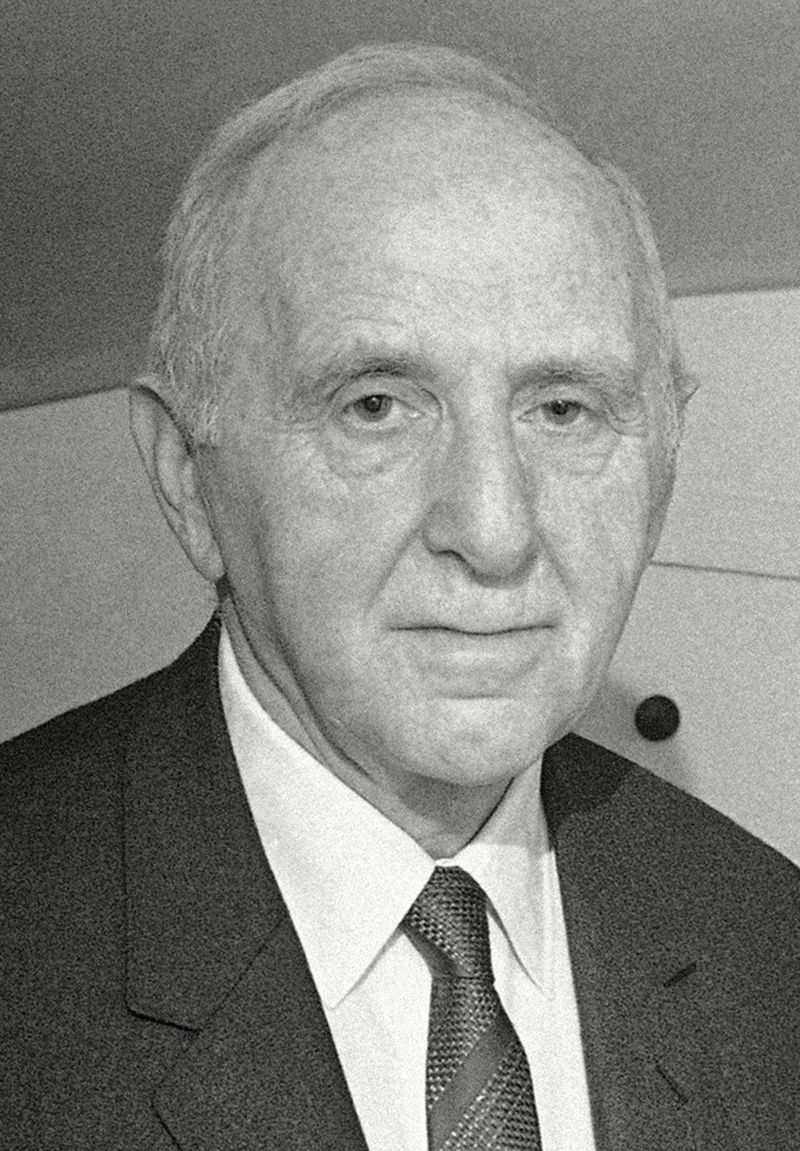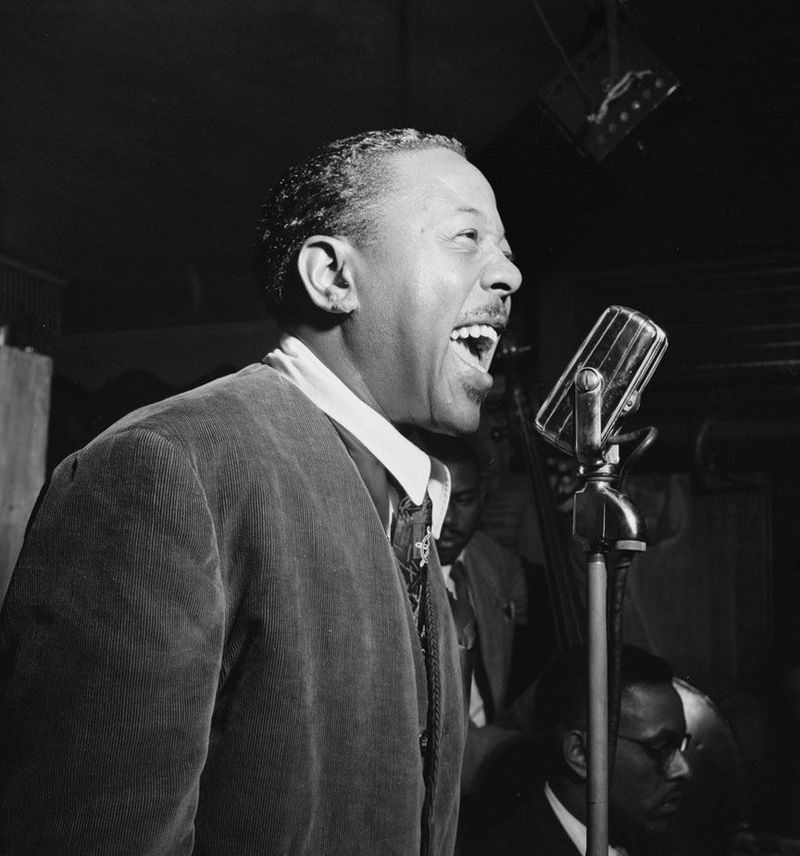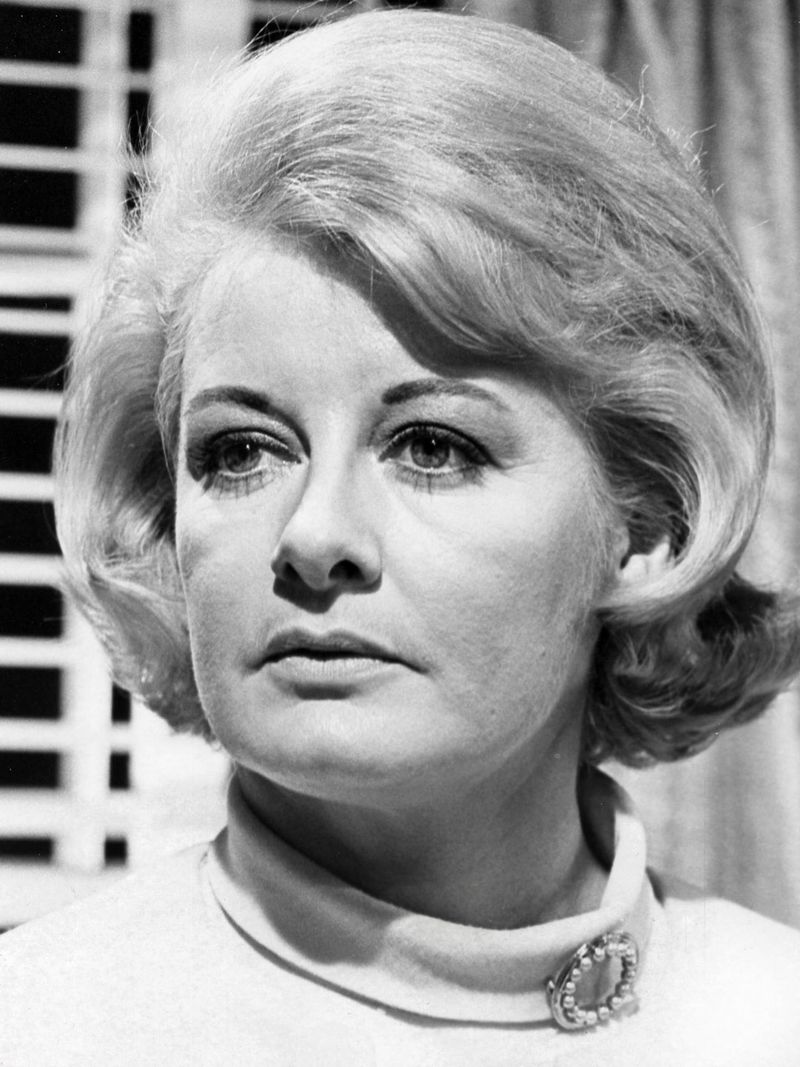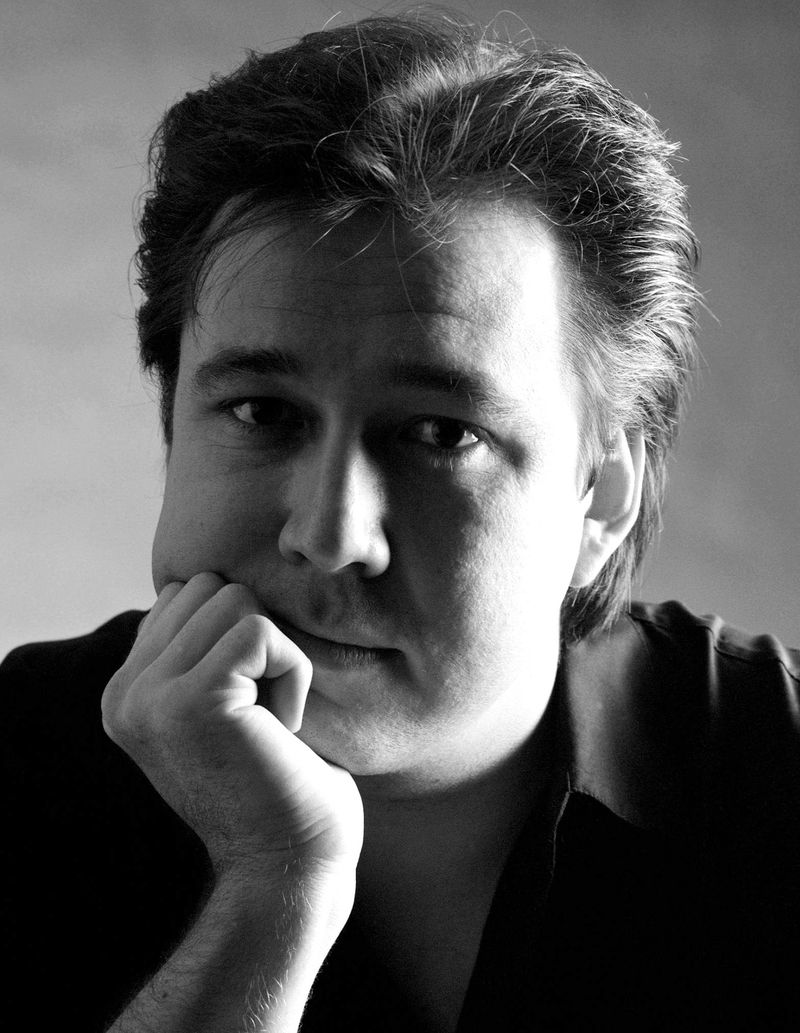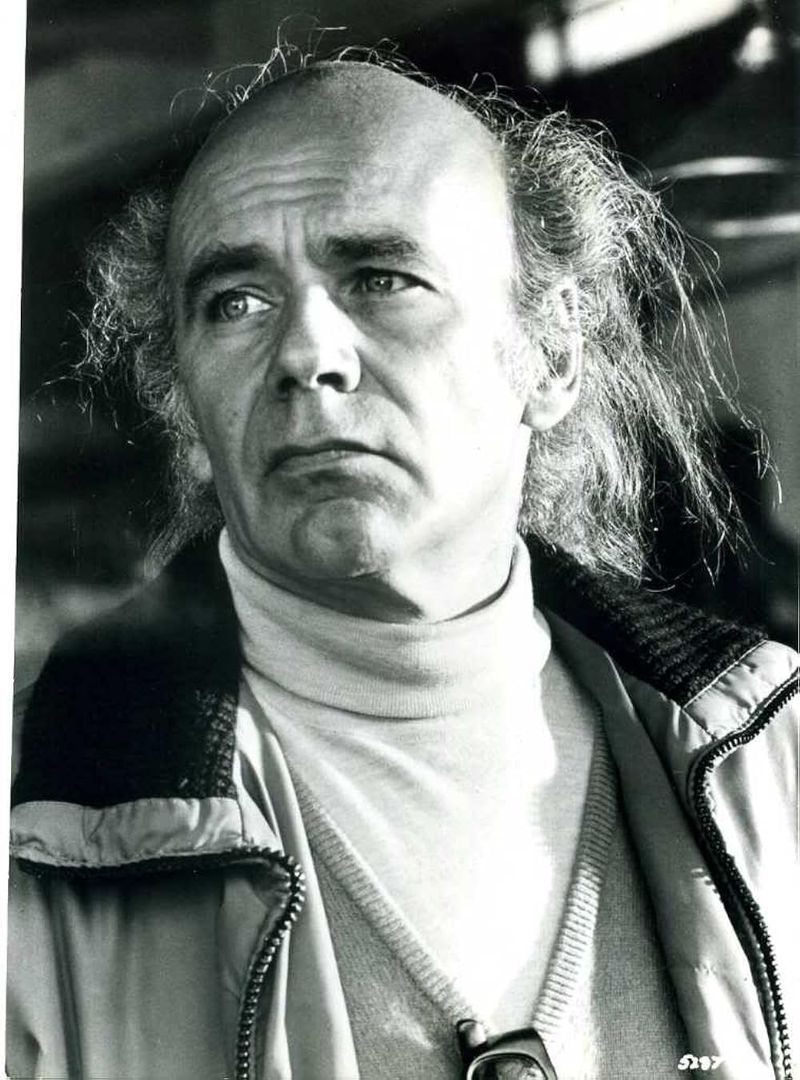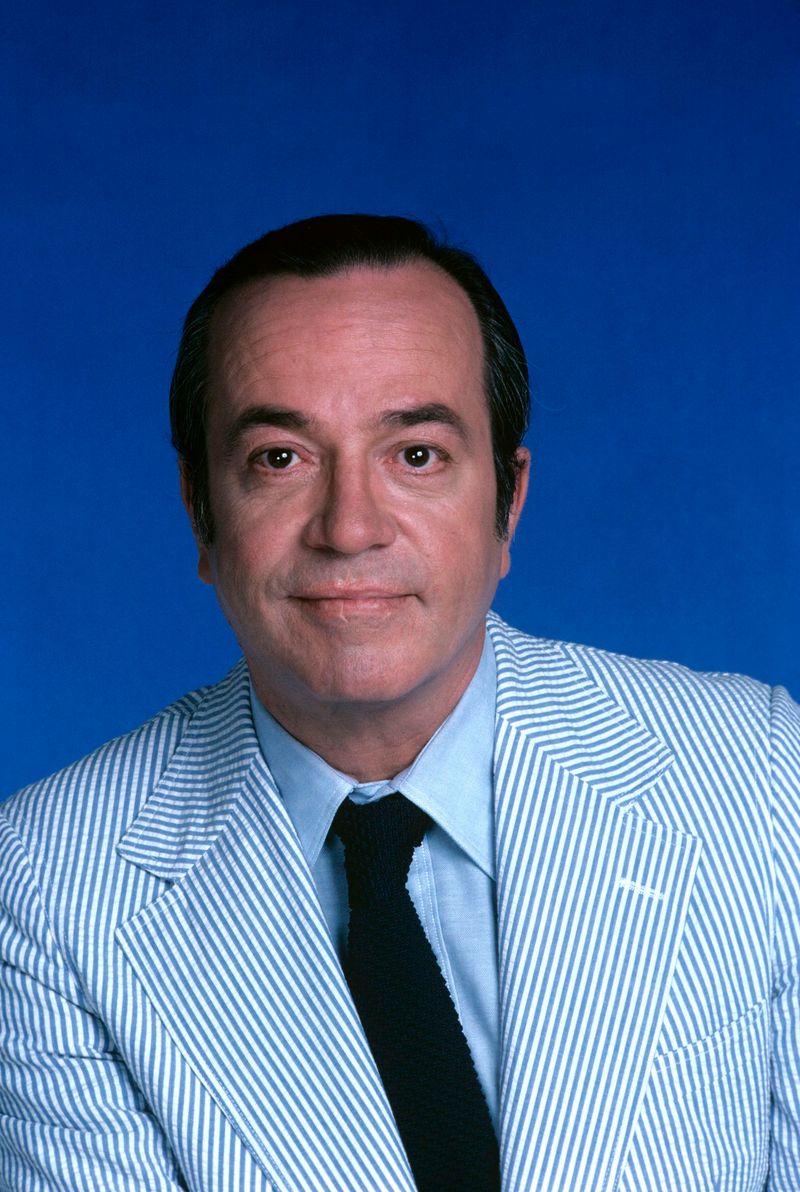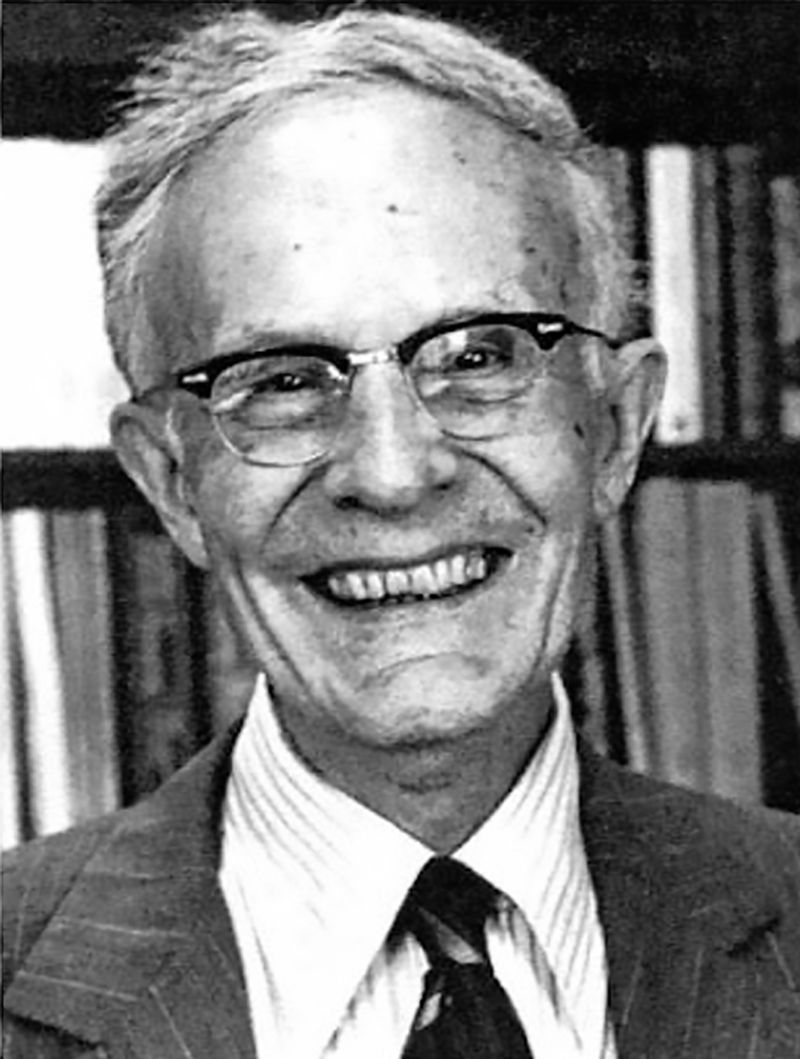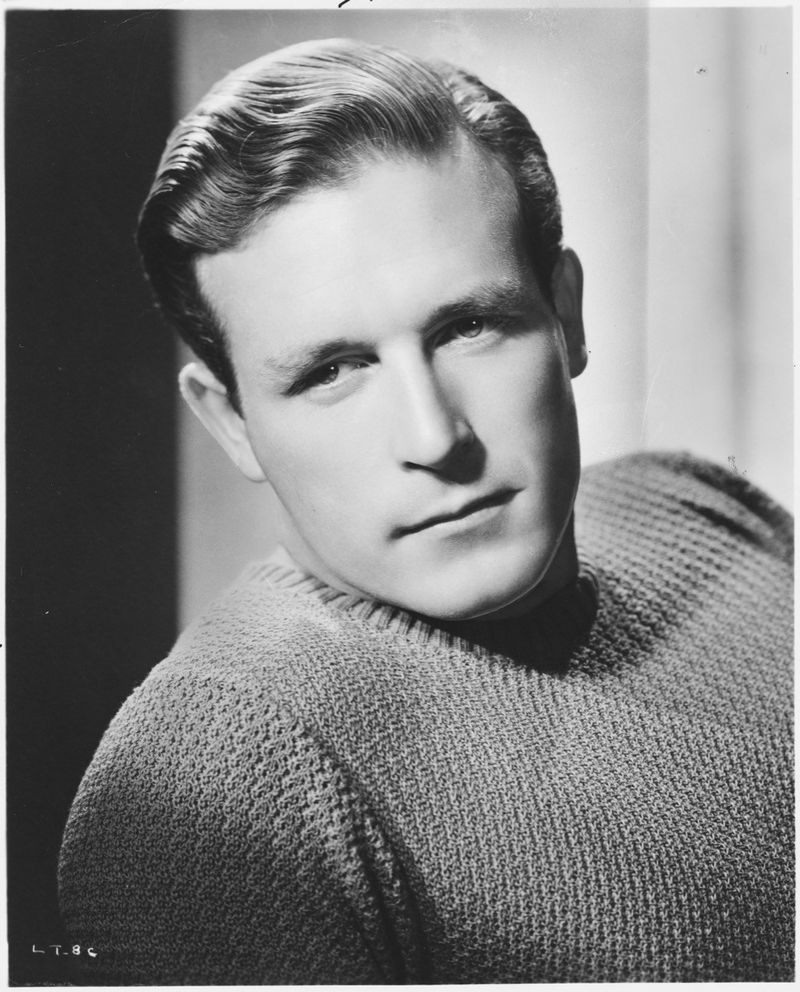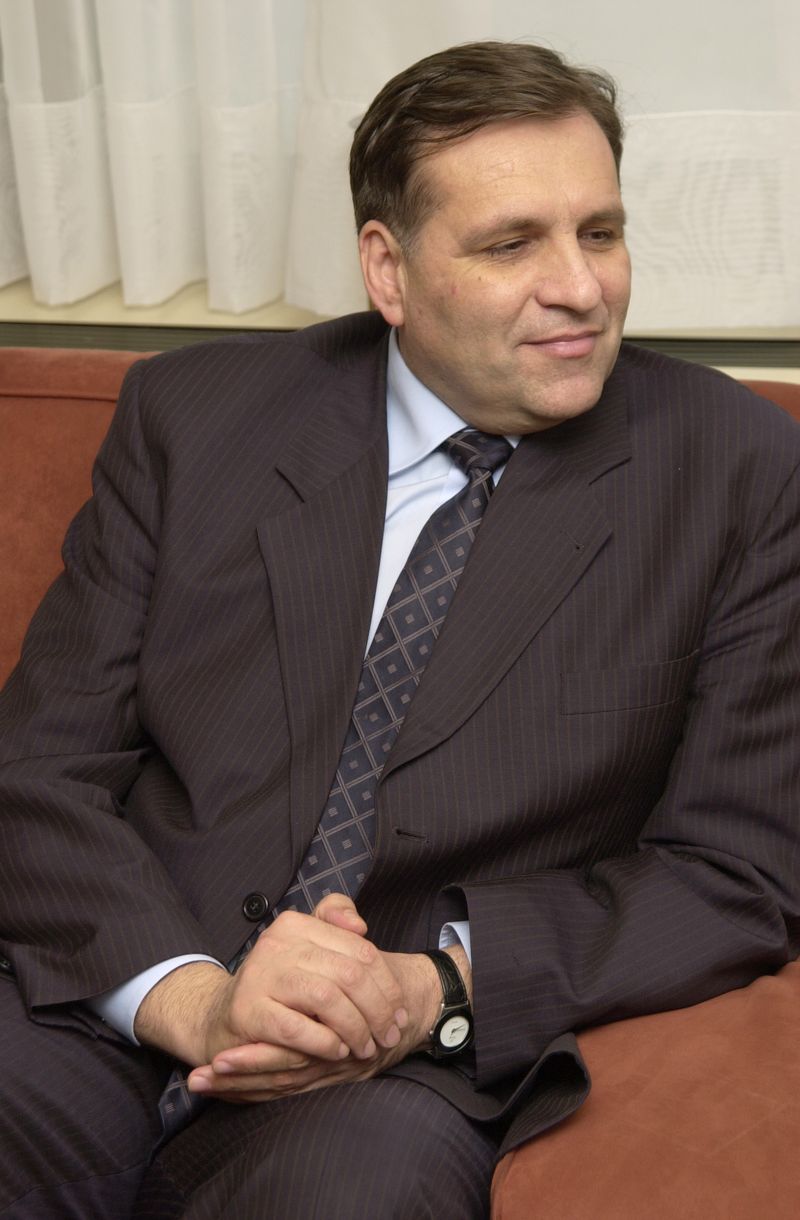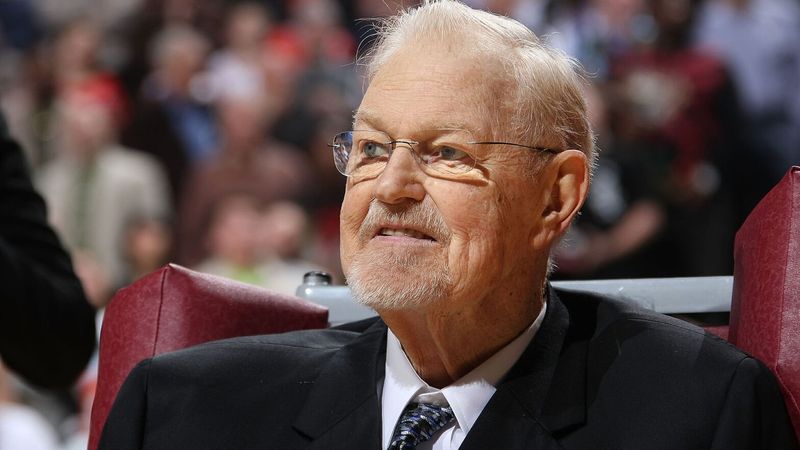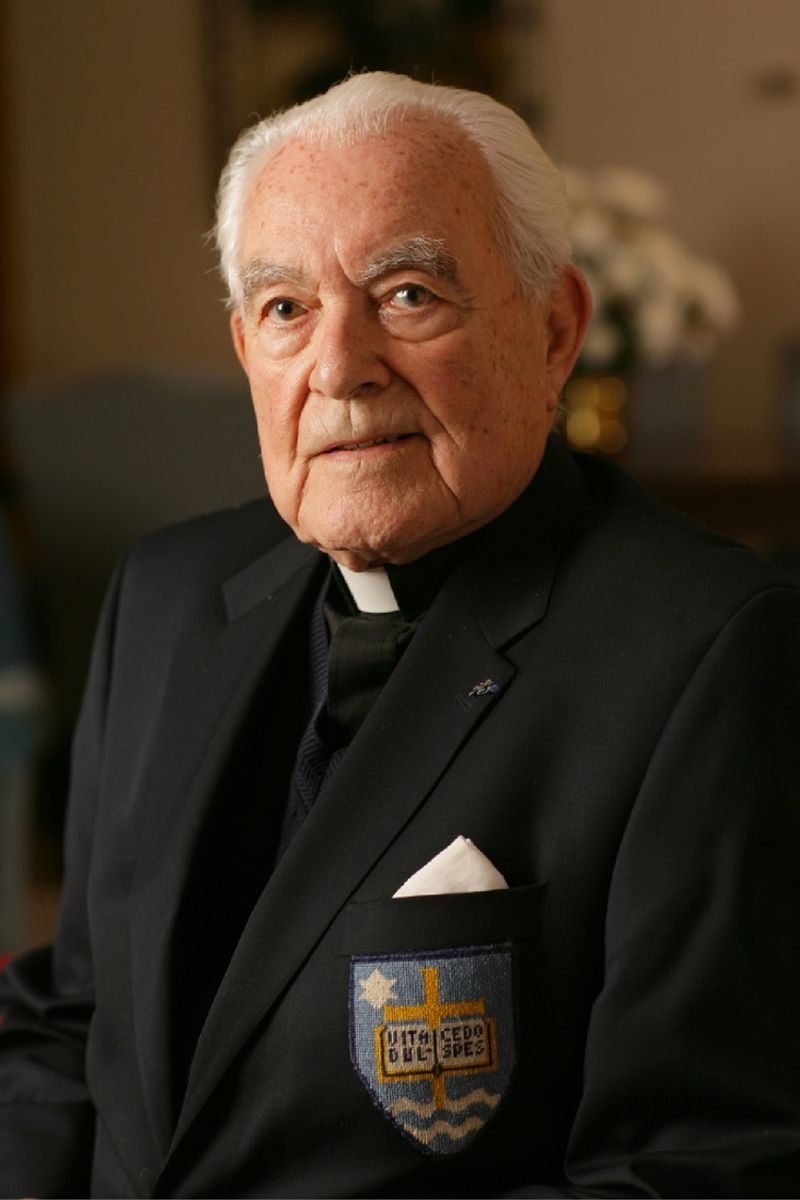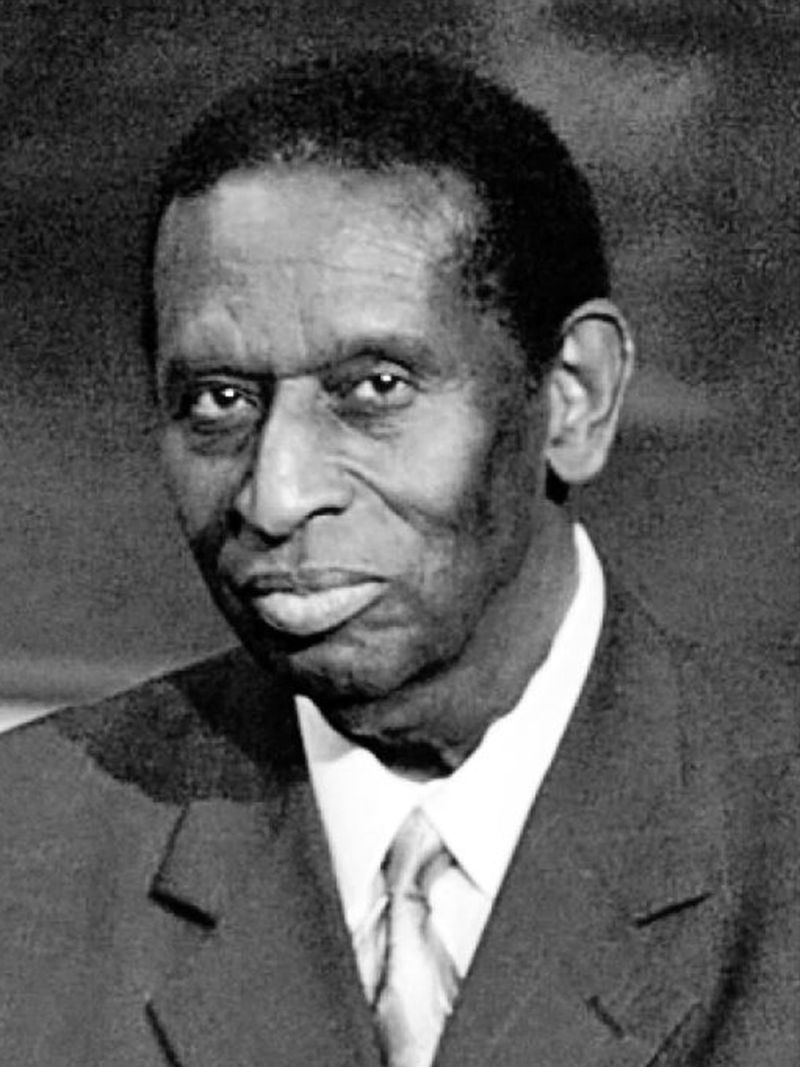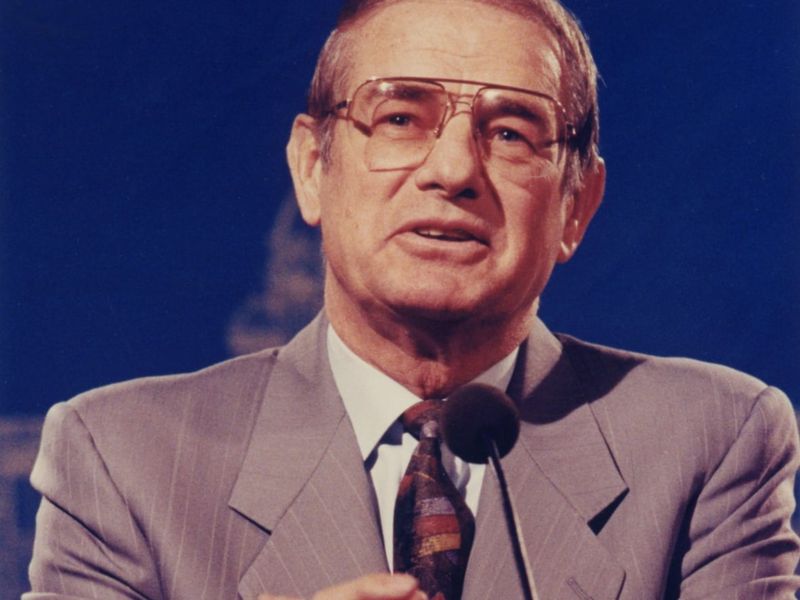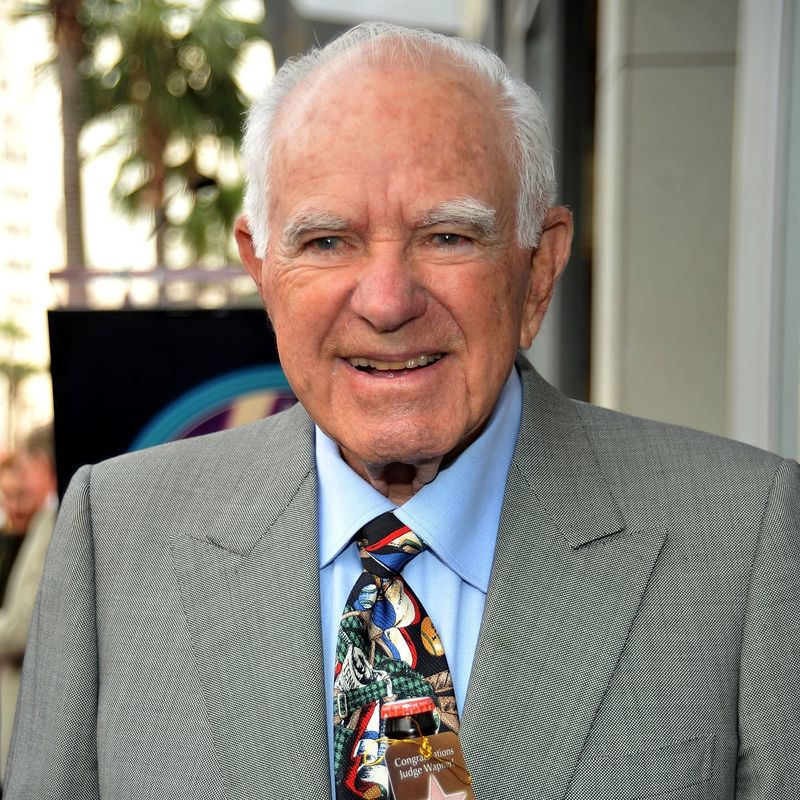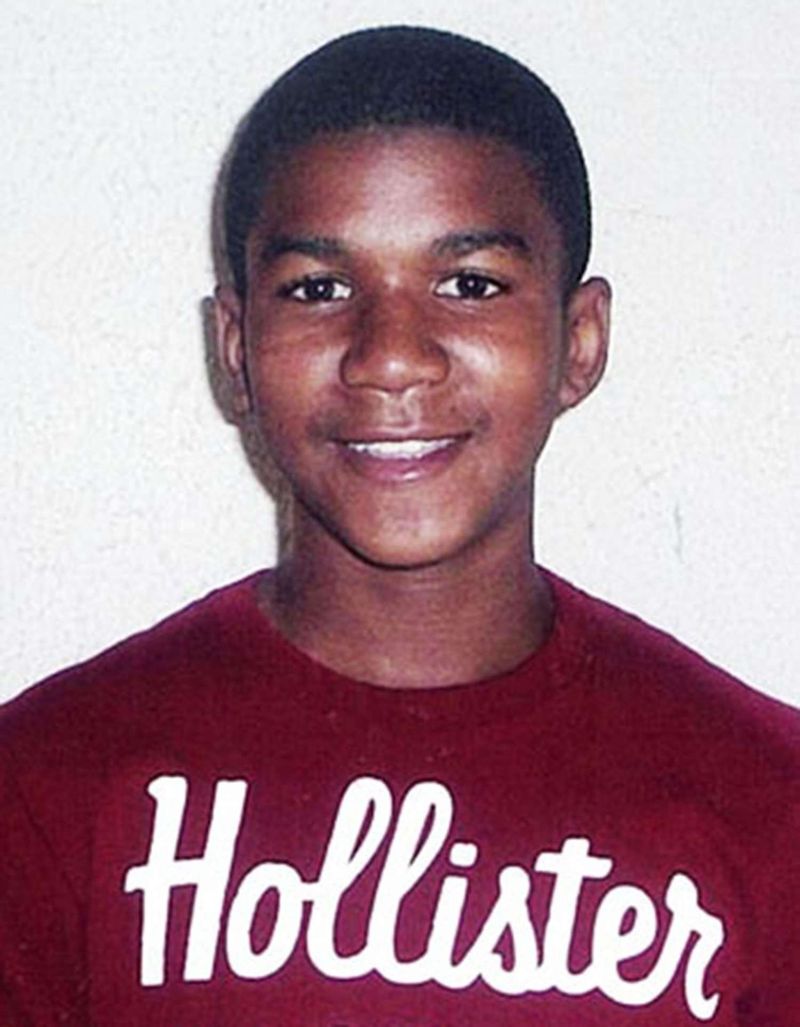Throughout history, February 26 has been a day marked by the passing of numerous influential figures.
From saints to politicians, musicians to philosophers, many have left their legacy on this date. This blog post delves into the lives and impacts of 41 notable individuals who have died on February 26, spanning different centuries and walks of life.
Each story not only highlights their contributions but also serves as a reminder of their lasting influence on our world.
1. Porphyry of Gaza, Greek Bishop and Saint, 420
Porphyry of Gaza was a Greek bishop and saint renowned for his dedication to the Christian church. Born in Thessalonica, he spent his early years as a monk in Egypt and the Jordan desert.
Porphyry was appointed as the Bishop of Gaza, where he fervently worked towards the eradication of paganism.
His tenure was marked by significant challenges, including resistance from local pagan communities.
Nevertheless, his steadfast commitment to his mission led to the construction of a Christian church, transforming the religious landscape of the area. Porphyry’s legacy continues to inspire Christian communities today.
2. Roger II of Sicily, King of Sicily, 1154
Roger II of Sicily was a visionary ruler whose reign significantly shaped medieval Europe. Born into the powerful Hauteville family, he became the King of Sicily in 1130.
Roger’s rule was marked by the unification of Southern Italy and Sicily, laying the foundations for a prosperous and culturally rich kingdom.
His court attracted scholars, artists, and architects, fostering a fusion of Norman, Arab, and Byzantine cultures. Roger’s administrative reforms and legal codes were ahead of his time, and his legacy as a patron of the arts and governance continues to be celebrated.
3. Manfred of Sicily, King of Sicily, 1266
Manfred of Sicily was a charismatic and ambitious leader, deeply rooted in the complexities of medieval politics. Born as the illegitimate son of Frederick II, he navigated the tumultuous landscape of Italian nobility to claim the throne of Sicily.
His reign was characterized by efforts to consolidate power and defend against papal opposition. Manfred’s downfall came at the Battle of Benevento, where he met his demise.
Despite his untimely death, Manfred’s determination and political acumen left an indelible mark on the history of Sicily and its cultural development.
4. Margaret of England, Queen Consort of Scotland, 1275
Margaret of England, Queen Consort of Scotland, played a pivotal role in the medieval tapestry of English-Scottish relations.
As the daughter of King Henry III of England, her marriage to King Alexander III of Scotland was a strategic alliance that sought to ease tensions between the two nations.
Margaret’s influence was felt in courtly matters and diplomacy, where she advocated for peace and cooperation.
Her legacy is one of fostering unity and stability, although her life was marred by personal tragedies, including the loss of her children. Margaret’s contributions to peace are remembered in history.
5. Dino Compagni, Italian Poet and Chronicler, 1324
Dino Compagni was an influential Italian poet and chronicler whose works offer a vivid window into medieval Florence. Born into a prominent merchant family, Compagni was actively involved in the political and civic life of the city.
His most notable work, the “Chronicle of Florence,” provides a detailed account of the political struggles between the Guelphs and Ghibellines.
Through his writings, Compagni detailed the complexities and tensions of his time, offering insights into the social and political fabric of his era. His chronicles remain a valuable resource for historians studying medieval Italy.
6. Giuseppe Tartini, Italian Violinist and Composer, 1770
Giuseppe Tartini was a pioneering Italian violinist and composer, celebrated for his contributions to Baroque music. Born in 1692, Tartini’s musical journey began in Padua, where he developed his unique style and innovative techniques.
His most famous piece, the “Devil’s Trill Sonata,” showcases his mastery of the violin and his ability to evoke emotion through music.
Tartini’s influence extended beyond performance, as he founded a violin school that attracted students from across Europe. His legacy as a musician and educator continues to inspire violinists and composers worldwide.
7. Robert R. Livingston, American Politician and Diplomat, 1813
Robert R. Livingston was a prominent American politician and diplomat, instrumental in shaping early U.S. history. Born into a distinguished New York family, he served as the first Chancellor of New York and played a pivotal role in the Continental Congress.
Livingston’s most significant achievement was negotiating the Louisiana Purchase, doubling the size of the United States. His diplomatic skills and vision for expansion were crucial in this landmark deal.
Beyond politics, Livingston supported innovations like Robert Fulton’s steamboat, contributing to America’s technological progress. His legacy is marked by his commitment to the nation’s growth and prosperity.
8. Joseph de Maistre, French Philosopher, 1821
Joseph de Maistre was a notable French philosopher known for his conservative and counter-revolutionary thoughts during the Enlightenment era. Born into the Savoyard nobility, his career spanned diplomacy and political philosophy, with writings that critiqued the French Revolution.
De Maistre’s works, such as “Considerations on France,” argued for traditional monarchy and divine intervention in governance.
His philosophical stance emphasized authority, order, and the role of religion in society. De Maistre’s ideas influenced conservative thought and continue to be studied for their historical impact on political theory.
9. Richard Jordan Gatling, American Inventor (Gatling Gun), 1903
Richard Jordan Gatling was an innovative American inventor best known for creating the Gatling gun, a precursor to the modern machine gun. Born in 1818, Gatling’s fascination with mechanics led to numerous inventions, from agricultural tools to firearms.
The Gatling gun, patented in 1862, revolutionized warfare with its ability to fire rounds rapidly. Although controversial, it marked a significant advancement in military technology.
Beyond his inventions, Gatling’s contributions extended to improving agricultural equipment, reflecting his diverse interests. His legacy is defined by his ingenuity and the lasting impact of his creations on technology.
10. Felix Draeseke, German Composer, 1913
Felix Draeseke was a noteworthy German composer known for his contributions to the late Romantic period of classical music. Born in 1835, Draeseke studied under Franz Liszt and became part of the ‘New German School’ of composition.
His works, though not widely recognized during his lifetime, included operas, symphonies, and chamber music, reflecting his innovative style and emotional depth. Draeseke’s music is characterized by complex structures and rich harmonies.
His influence, though subtle, continues to be appreciated by classical music enthusiasts and scholars exploring the evolution of Romantic music.
11. Carl Menger, Austrian Economist, 1921
Carl Menger was a pioneering Austrian economist, celebrated as one of the founders of the Austrian School of economics. Born in 1840, Menger’s groundbreaking work, “Principles of Economics,” introduced the theory of marginal utility, revolutionizing economic thought.
His insights laid the foundation for modern microeconomics, emphasizing individual choice and subjective value. Menger’s intellectual legacy influenced economists like Ludwig von Mises and Friedrich Hayek.
Beyond his academic contributions, he served as an economic advisor, shaping economic policies in Austria. Menger’s work continues to be studied for its profound impact on economic theory.
12. Otto Wallach, German Chemist and Nobel Laureate, 1931
Otto Wallach was a renowned German chemist whose work in organic chemistry earned him the Nobel Prize in 1910. Born in 1847, Wallach’s career was dedicated to the study of terpenes, a class of organic compounds found in plants.
His systematic research on terpenes advanced the understanding of their structures and properties, impacting industries like pharmaceuticals and perfumes. Wallach’s contributions were pivotal in the development of modern organic chemistry.
His legacy is marked by his scientific achievements and the continued relevance of his discoveries in various fields of chemistry.
13. Takahashi Korekiyo, Japanese Politician and 20th Prime Minister, 1936
Takahashi Korekiyo was an influential Japanese politician who served as the country’s 20th Prime Minister. Born in 1854, Takahashi’s career spanned finance and politics, with pivotal roles during challenging economic times.
As Finance Minister, he implemented policies that helped Japan recover from the Great Depression, earning him the nickname “Japanese Keynes.” Despite his achievements, Takahashi’s life ended tragically when he was assassinated during a military coup.
His legacy includes economic reforms that stabilized Japan’s economy and his contributions to shaping modern fiscal policy in the country.
14. Saitō Makoto, Japanese Admiral and 30th Prime Minister, 1936
Saitō Makoto was a distinguished Japanese admiral and politician who served as the 30th Prime Minister of Japan. Born in 1858, his career in the Imperial Japanese Navy was marked by strategic leadership and modernization efforts.
Transitioning to politics, Saitō held various influential positions, including Minister of the Navy and Governor-General of Korea. As Prime Minister, he navigated Japan through tumultuous times, balancing military and civilian interests.
Saitō’s life ended abruptly when he was assassinated during a coup. His contributions to Japan’s naval and political spheres remain significant in the country’s history.
15. Jōtarō Watanabe, Japanese General, 1936
Jōtarō Watanabe was a prominent Japanese general known for his strategic acumen and leadership in the Imperial Japanese Army. Born in 1874, his military career spanned key conflicts and organizational reforms within the army.
Watanabe played a crucial role in modernizing Japan’s military strategies, contributing to its operational effectiveness. His expertise in logistics and command earned him respect among peers and subordinates.
Despite his achievements, Watanabe’s life was cut short during a political coup, bringing an abrupt end to his impactful military career. His legacy is remembered for his dedication and strategic insights.
16. Harry Lauder, Scottish Comedian and Singer, 1950
Harry Lauder was a beloved Scottish comedian and singer, famed for his charismatic performances and catchy songs. Born in 1870, Lauder’s career spanned music halls and stages across the world, where he entertained audiences with his humor and charm.
His signature song, “I Love a Lassie,” became an anthem, endearing him to fans. Lauder’s career was not only about entertainment; he actively supported war efforts during World War I, raising funds and morale.
His legacy as a performer and philanthropist continues to be celebrated, leaving a lasting impact on the world of entertainment.
17. Theodoros Pangalos, Greek General and President, 1952
Theodoros Pangalos was a notable Greek general and politician who briefly served as the President of Greece. Born in 1878, Pangalos’s career was marked by his military prowess and political ambitions.
He played a pivotal role in Greece’s military operations during the Balkan Wars and World War I. Pangalos seized power in a coup, ruling as a dictator before being ousted. His leadership was controversial, characterized by authoritarian measures.
Despite his turbulent career, Pangalos’s influence on Greek military and political history remains a subject of study and debate.
18. Mohammed V of Morocco, King of Morocco, 1961
Mohammed V of Morocco was a revered monarch whose reign was pivotal in the country’s transition to independence. Born in 1909, his ascension to the throne marked a new era for Morocco as he navigated colonial pressures and national aspirations.
Mohammed V’s leadership was instrumental in securing Morocco’s independence from French and Spanish rule in 1956. His vision for a united and sovereign nation earned him respect and admiration.
Beyond politics, he championed modernization and cultural preservation. Mohammed V’s legacy is celebrated for his role in shaping modern Morocco and his enduring commitment to his people’s welfare.
19. Vinayak Damodar Savarkar, Indian Independence Activist, 1966
Vinayak Damodar Savarkar was a prominent Indian independence activist known for his revolutionary ideas and contributions to the freedom struggle. Born in 1883, Savarkar’s early involvement in anti-British activities led to his imprisonment in the Cellular Jail.
Despite facing harsh conditions, he continued to inspire the movement through his writings and speeches. Savarkar’s vision of Hindutva and emphasis on self-reliance influenced nationalist thought in India.
His legacy is marked by his unwavering dedication to the cause of independence and his role in shaping the ideological discourse of the nation.
20. Karl Jaspers, German-Swiss Psychiatrist and Philosopher, 1969
Karl Jaspers was a distinguished psychiatrist and philosopher whose work bridged the realms of science and existential thought. Born in 1883, Jaspers initially pursued psychiatry, contributing significantly to the field with his research on mental disorders.
His philosophical inquiries delved into existentialism, exploring themes of freedom, authenticity, and human existence. Jaspers’ influential works, such as “Philosophy of Existence,” have shaped modern existential and phenomenological philosophy.
His legacy endures through his profound contributions to both psychiatry and philosophy, inspiring thinkers to explore the deeper questions of human life.
21. Howard Hanson, American Composer and Conductor, 1981
Howard Hanson was an iconic American composer and conductor, celebrated for his contributions to 20th-century classical music. Born in 1896, Hanson’s career was marked by his dedication to American musical identity, blending traditional and modern elements.
His works, such as “Symphony No. 2,” exemplify his rich, lyrical style. As a conductor, he led the Eastman School of Music, fostering generations of musicians.
Hanson’s efforts to promote American music earned him accolades and a lasting place in the history of classical music. His legacy is defined by his artistic vision and commitment to musical innovation.
22. Tjalling Koopmans, Dutch-American Economist and Nobel Laureate, 1985
Tjalling Koopmans was a pioneering Dutch-American economist renowned for his work in econometrics and operations research. Born in 1910, Koopmans’ career was marked by his profound contributions to optimizing resources, earning him the Nobel Prize in 1975.
His innovative approaches to economic planning and efficiency have influenced modern economic theory and practice. Koopmans’ work at institutions like the Cowles Foundation helped shape the landscape of contemporary economics.
His legacy continues to inspire economists to explore new methodologies for understanding and improving economic systems.
23. Roy Eldridge, American Jazz Trumpeter, 1989
Roy Eldridge, affectionately known as “Little Jazz,” was a trailblazing American jazz trumpeter. Born in 1911, Eldridge’s career began in the swing era, where his dynamic trumpet style and improvisational prowess captivated audiences.
He played alongside jazz legends like Gene Krupa and Benny Goodman, contributing to the evolution of jazz music.
Eldridge’s fiery technique and innovative sound influenced generations of jazz musicians, paving the way for modern jazz trumpet playing. His legacy is celebrated for his contributions to the vibrant world of jazz and his enduring impact on the genre.
24. Constance Ford, American Actress, 1993
Constance Ford was a talented American actress known for her versatile roles in television and film. Born in 1923, Ford’s career spanned several decades, with memorable performances in productions like “A Summer Place” and the soap opera “Another World.”
Her ability to portray complex characters resonated with audiences, earning her acclaim in the industry. Off-screen, Ford was known for her dedication to her craft and her advocacy for actors’ rights.
Her legacy is characterized by her contributions to television and cinema, leaving a lasting impression on the entertainment landscape.
25. Bill Hicks, American Comedian, 1994
Bill Hicks was an influential American comedian known for his insightful and often controversial stand-up routines. Born in 1961, Hicks used humor to tackle societal and political issues, gaining a devoted following for his bold, thought-provoking style.
His performances challenged norms and encouraged audiences to question the status quo. Despite his untimely death from cancer, Hicks’s comedy continues to resonate with fans and comedians alike.
His legacy is celebrated for pushing comedic boundaries and inspiring a generation of performers to embrace their authentic voices.
26. Jack Clayton, English Film Director and Producer, 1995
Jack Clayton was an esteemed English film director and producer renowned for his contributions to British cinema. Born in 1921, Clayton’s career was marked by critically acclaimed films such as “Room at the Top” and “The Innocents.”
His ability to craft compelling narratives with emotional depth earned him a respected place in film history.
Clayton’s dedication to quality storytelling and innovative techniques influenced filmmakers worldwide. His legacy continues to be celebrated through his films, which remain enduring examples of cinematic excellence and creativity.
27. David Doyle, American Actor, 1997
David Doyle was a beloved American actor best known for his role as John Bosley in the television series “Charlie’s Angels.” Born in 1929, Doyle’s career included a wide range of roles in television, film, and theater.
His affable on-screen presence and comedic timing endeared him to audiences. Doyle’s contributions to the entertainment industry extended beyond acting, as he lent his voice to animated shows and participated in theater productions.
His legacy is defined by his versatility and the joy he brought to viewers through his performances.
28. Theodore Schultz, American Economist and Nobel Laureate, 1998
Theodore Schultz was a pioneering American economist recognized for his work on agricultural economics and development. Born in 1902, Schultz’s research focused on the role of human capital in economic growth, earning him the Nobel Prize in 1979.
His insights into agricultural productivity and investment in education transformed economic policies and practices. Schultz’s work emphasized the importance of investing in people, shaping the field of development economics.
His legacy is celebrated for its profound impact on economic theory and policy, influencing generations of economists and policymakers worldwide.
29. Lawrence Tierney, American Actor, 2002
Lawrence Tierney was a prominent American actor known for his tough-guy roles in film noir classics. Born in 1919, Tierney’s career was marked by his portrayal of complex characters in films like “Dillinger” and “Reservoir Dogs.”
His rugged on-screen persona and intense performances captivated audiences. Despite a turbulent personal life, Tierney’s contributions to cinema left an indelible mark on the film industry.
His legacy is characterized by his memorable roles and his influence on the genre of film noir, inspiring future generations of actors and filmmakers.
30. Boris Trajkovski, President of Macedonia, 2004
Boris Trajkovski was a respected Macedonian politician who served as the President of Macedonia. Born in 1956, Trajkovski’s leadership was characterized by his commitment to peace and European integration.
He played a crucial role in promoting unity among ethnic groups in Macedonia, working towards reconciliation and stability. Trajkovski’s efforts in securing Macedonia’s future within the European framework were instrumental in his presidency.
His untimely death in a plane crash was a significant loss to the nation. Trajkovski’s legacy is remembered for his dedication to peace and progress in Macedonia.
31. Jef Raskin, American Computer Scientist and Creator of the Macintosh, 2005
Jef Raskin was a visionary American computer scientist best known for his role in creating the Apple Macintosh. Born in 1943, Raskin’s innovative ideas in human-computer interaction revolutionized the personal computing experience.
His vision for user-friendly technology emphasized simplicity and accessibility, laying the groundwork for modern interfaces.
Raskin’s contributions extended beyond Apple, influencing design principles across the tech industry. His legacy is celebrated for his pioneering work in technology, shaping the way people interact with computers and inspiring future innovations.
32. Wendy Richard, English Actress, 2009
Wendy Richard was a beloved English actress known for her iconic roles in British television. Born in 1943, Richard gained fame for her portrayal of Pauline Fowler in the long-running soap opera “EastEnders.”
Her career spanned several decades, with appearances in popular series like “Are You Being Served?” Richard’s ability to bring depth to her characters earned her the admiration of fans and critics alike.
Her legacy is celebrated for her significant contributions to British television and her enduring impact on audiences. Richard’s work continues to be cherished by viewers worldwide.
33. Johnny Kerr, American Basketball Player and Coach, 2009
Johnny Kerr was a legendary American basketball player and coach, celebrated for his contributions to the NBA. Born in 1932, Kerr’s career as a player included notable achievements with the Syracuse Nationals and Philadelphia 76ers.
Transitioning to coaching, he became the first head coach of the Chicago Bulls, leading them in their inaugural season.
Kerr’s knowledge of the game and charismatic personality endeared him to players and fans. His legacy is marked by his impact on basketball, both on and off the court, inspiring future generations of athletes and coaches.
34. Nujabes (Jun Seba), Japanese Record Producer and DJ, 2010
Nujabes, born Jun Seba, was a pioneering Japanese record producer and DJ known for his unique blend of hip-hop and jazz. Born in 1974, Nujabes’ music transcended cultural boundaries, earning him a dedicated global following.
His tracks, characterized by smooth beats and soulful melodies, left a lasting impact on the music scene.
Nujabes’ work on the soundtrack for the anime “Samurai Champloo” further cemented his influence. Despite his untimely death in a traffic accident, Nujabes’ legacy lives on through his innovative soundscapes, inspiring musicians and fans around the world.
35. Theodore Hesburgh, American Priest and Educator, 2015
Theodore Hesburgh was a revered American priest and educator known for his transformative leadership at the University of Notre Dame. Born in 1917, Hesburgh served as the university’s president for 35 years, guiding it through significant academic and social changes.
He championed civil rights, education reform, and interfaith dialogue, earning national recognition for his efforts. Hesburgh’s influence extended beyond academia, impacting public policy and social justice initiatives.
His legacy is celebrated for his commitment to education and equality, leaving a lasting impression on the university and society.
36. Earl Lloyd, American Basketball Player and Coach, 2015
Earl Lloyd was a trailblazing American basketball player known for breaking racial barriers in the NBA. Born in 1928, Lloyd became the first African American to play in an NBA game, paving the way for future generations of black athletes.
His career spanned several teams, including the Washington Capitols and Detroit Pistons, where he excelled as a forward.
Beyond his playing career, Lloyd contributed as a coach and mentor, advocating for diversity and inclusion in sports. His legacy is celebrated for his pioneering role in integrating professional basketball and his enduring impact on the sport.
37. Andy Bathgate, Canadian Ice Hockey Player, 2016
Andy Bathgate was a legendary Canadian ice hockey player known for his exceptional skill and sportsmanship. Born in 1932, Bathgate’s career in the NHL included a successful tenure with the New York Rangers, where he was celebrated for his scoring prowess and leadership.
His contributions to the game earned him induction into the Hockey Hall of Fame. Bathgate’s influence extended beyond the ice, as he advocated for player rights and safety.
His legacy is marked by his impact on the sport, inspiring future generations of hockey players and leaving a lasting impression on fans.
38. Don Getty, Canadian Politician and 11th Premier of Alberta, 2016
Don Getty was a prominent Canadian politician who served as the 11th Premier of Alberta. Born in 1933, Getty’s political career was marked by his efforts to diversify Alberta’s economy and manage its resources.
His tenure as premier saw significant developments in energy policy and economic growth. Beyond politics, Getty was known for his previous career as a professional football player, adding to his multifaceted legacy.
His contributions to Alberta’s political landscape and his dedication to public service are remembered as defining aspects of his career and impact on the province.
39. Joseph Wapner, American Judge and TV Personality, 2017
Joseph Wapner was an iconic American judge and television personality, best known for presiding over the reality court show “The People’s Court.” Born in 1919, Wapner’s judicial career was marked by his fair and accessible approach to the law.
His television presence brought legal proceedings into the homes of millions, educating the public about the justice system.
Wapner’s influence extended beyond the screen, as he became a symbol of integrity and reasoned judgment. His legacy is celebrated for his contributions to legal education and his pioneering role in courtroom television.
40. Trayvon Martin, American High School Student, 2012
Trayvon Martin was an American high school student whose tragic death sparked a nationwide conversation on race and justice. Born in 1995, Martin’s life was cut short at the age of 17, leading to widespread protests and the “Black Lives Matter” movement.
His case highlighted issues of racial profiling and gun violence, prompting calls for societal change.
Martin’s story became a catalyst for discussions on civil rights and equality. His legacy is remembered for the impact his life and death had on social justice initiatives, inspiring ongoing efforts towards racial equality and reform.
41. Christian Bach, Argentine-Mexican Actress and Producer, 2019
Christian Bach was a celebrated Argentine-Mexican actress and producer known for her impactful roles in telenovelas. Born in 1959, Bach’s career spanned several decades, with notable performances in series like “La Patrona” and “La Chacala.”
Her talent and charisma captivated audiences, earning her a prominent place in Latin American television. Beyond acting, Bach was involved in production, contributing to the industry’s growth and diversity.
Her legacy is celebrated for her artistic contributions and influence on telenovela culture, leaving a lasting impact on the entertainment world.
